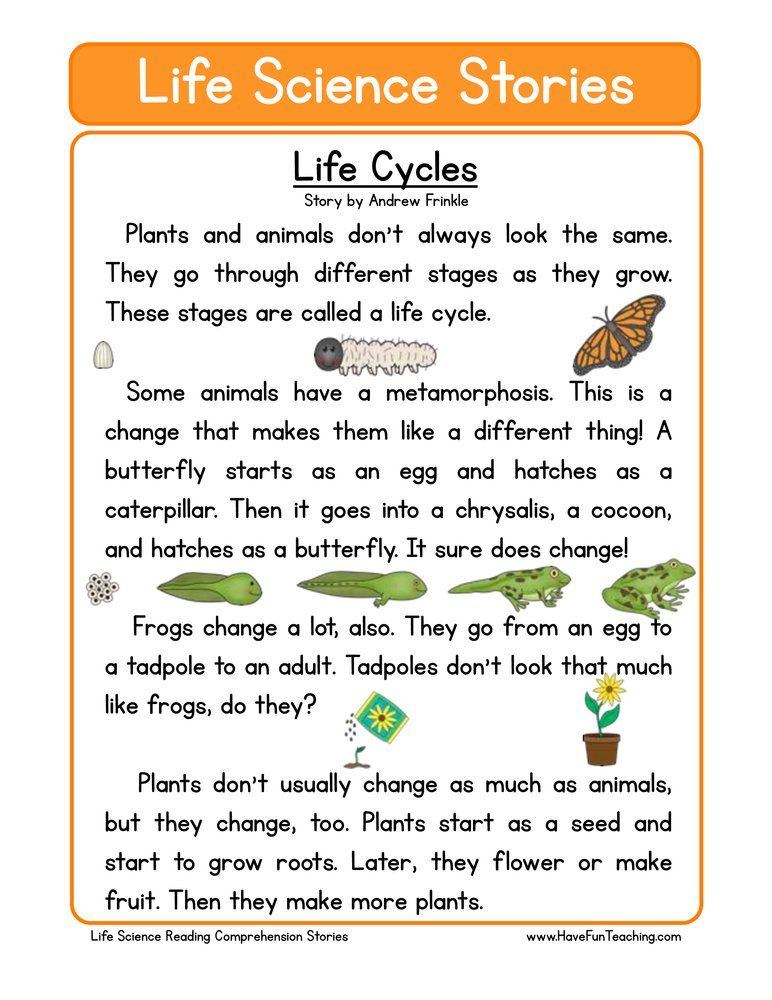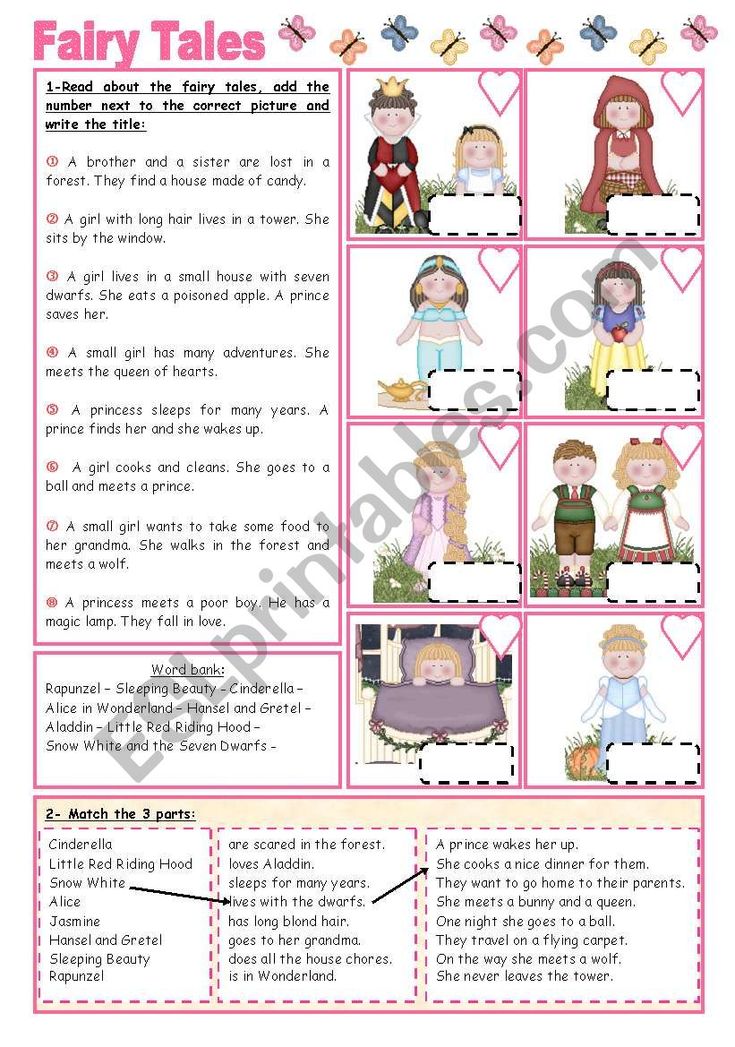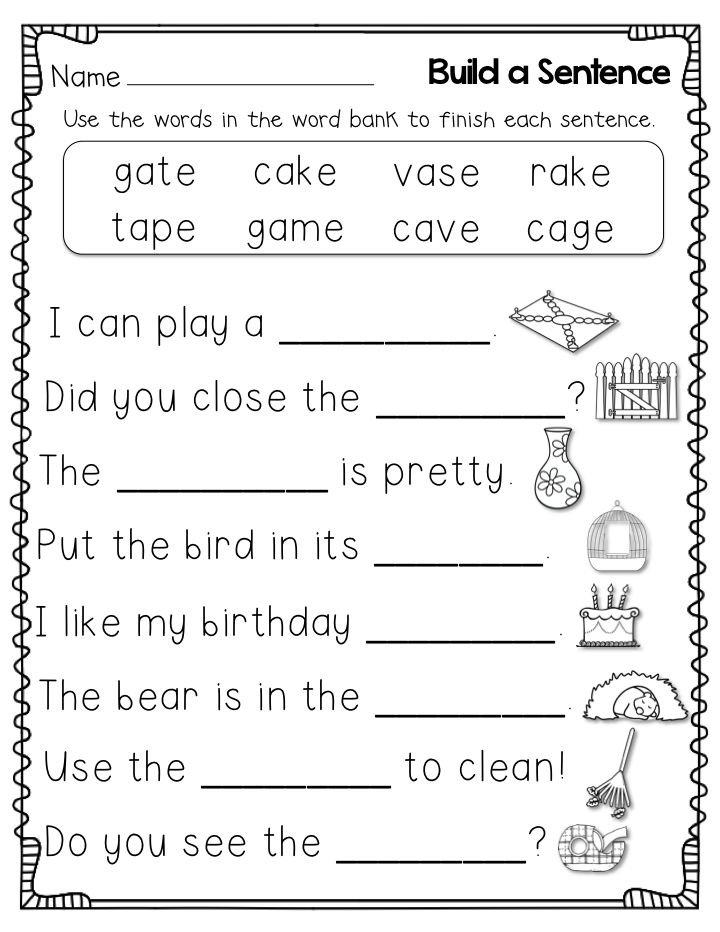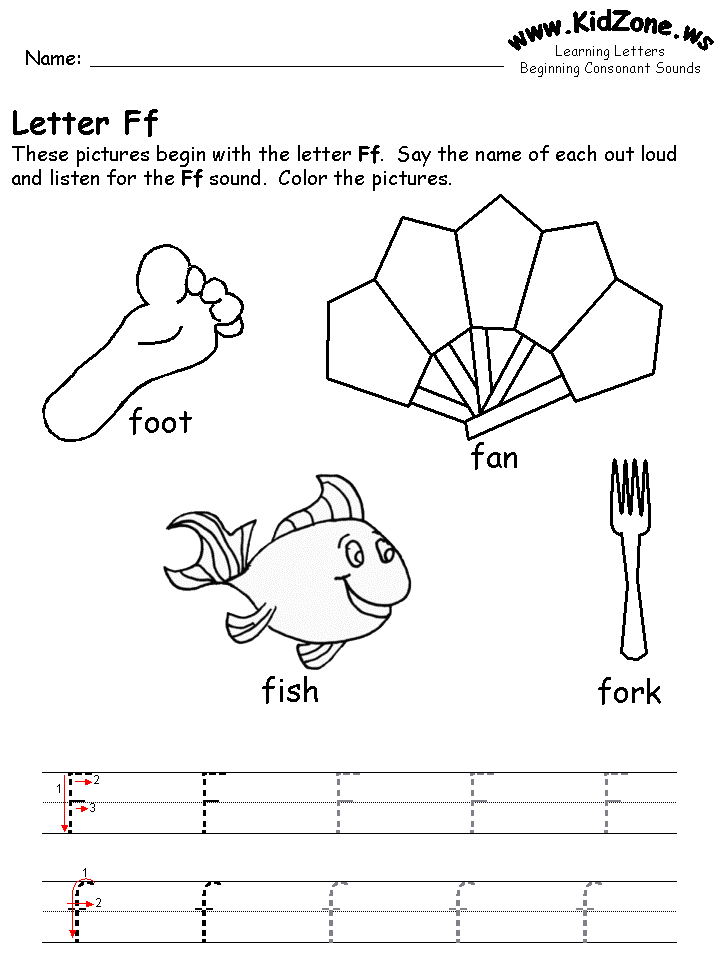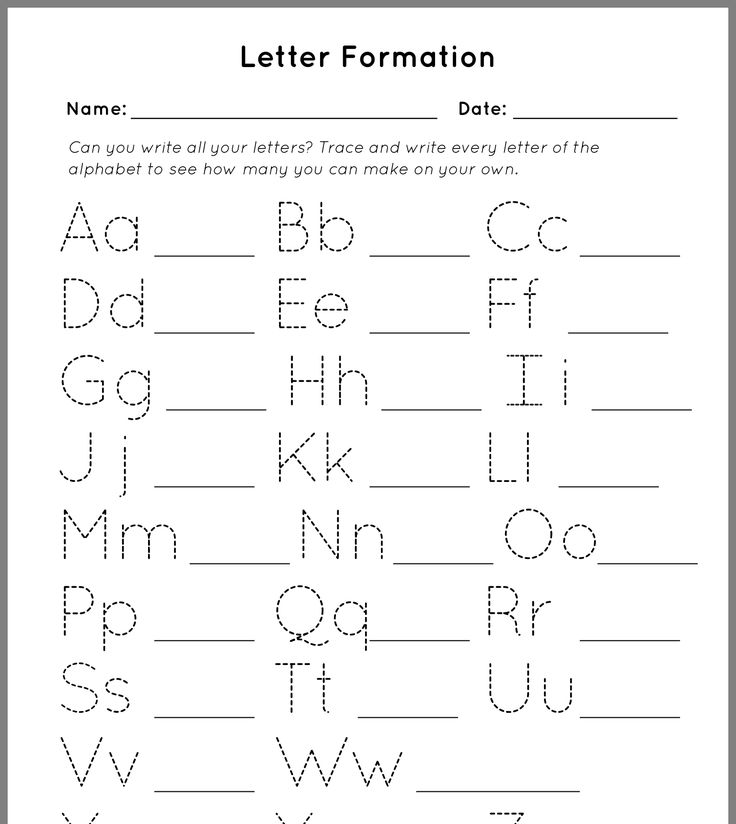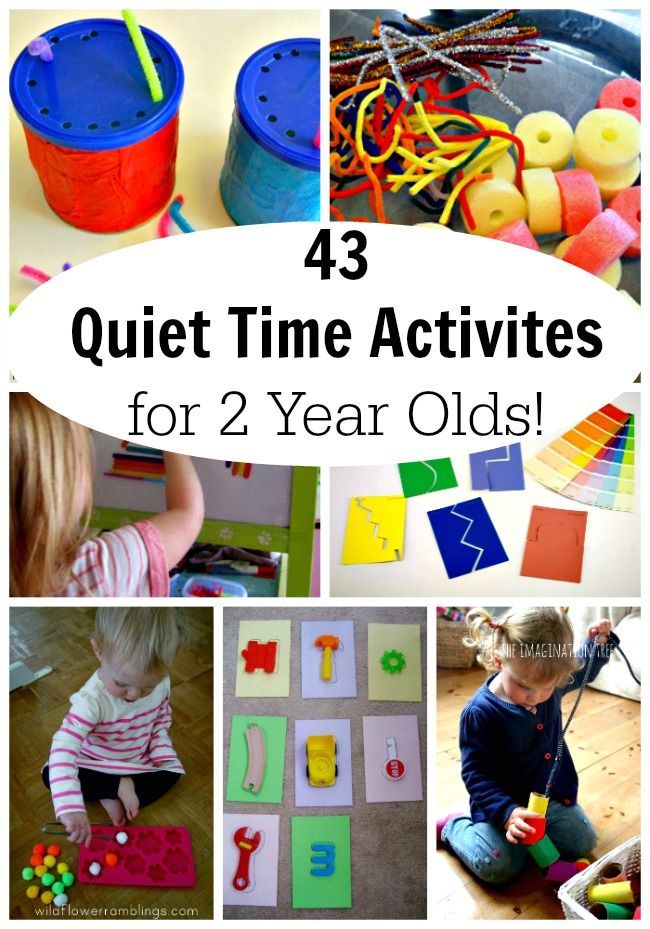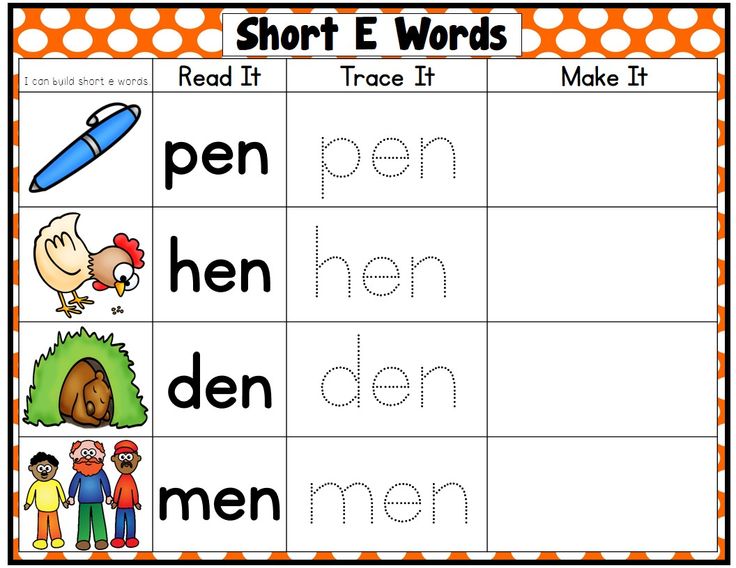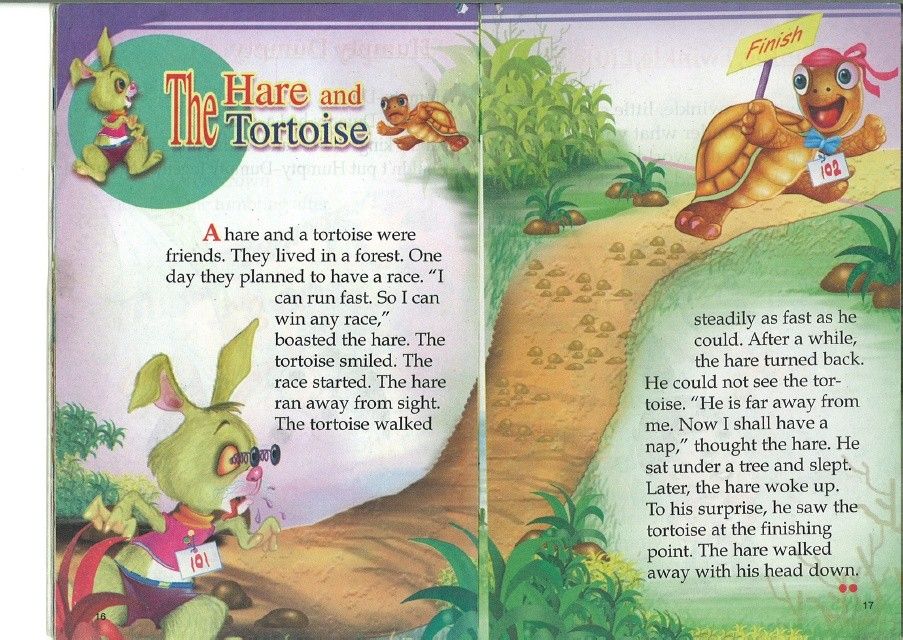Get kids reading
14 Ways to Encourage Grade-Schoolers to Read
It’s easier for kids to build reading skills when they enjoy reading. They practice more, and they feel more motivated to take on reading challenges. Try these tips to encourage your child to read — and hopefully build a love of reading.
1. Read it again and again.
Encourage your child to read familiar books. If your child wants to take the same book out of the library for the 100th time, that’s just fine. Re-reading helps build speed and accuracy. And that can help build confidence for kids who learn and think differently.
2. Make reading real.
Connect what your child reads with what’s happening in real life. For example, if you’re reading a story about basketball, ask questions about when your child learned to shoot hoops and how similar it was to the kids’ experience in the story.
You can also look for follow-up activities that make stories come to life. If the book references kites, ask your child to brainstorm fun kite-related activities, like how to make a kite. Hands-on activities like these can keep kids engaged with the topic.
3. Don’t leave home without something to read.
Bring along a kid-friendly book or magazine any time you know your child will have to wait in a doctor’s office, at the DMV, or anywhere else. Stories can help keep your child occupied. And the experience will show that you can always fit in time to read.
4. Dig deeper into the story.
Help your child engage with a story by asking questions about the characters’ thoughts, actions, or feelings: “Why does Jack think it’s a good idea to buy the magic beans? How does his mother feel after she finds out?” Encourage your child to connect to the story through experiences you may have had together.
5. Make reading a free-time activity.
Try to avoid making TV the reward and reading the punishment. Remind your child there are fun things to read besides books. And set a good example for your child by spending some of your free time reading instead of watching TV — and then talking about why you enjoyed it.
6. Take your time.
When your child is sounding out an unfamiliar word, leave plenty of time to do it, and praise the effort. Treat mistakes as an opportunity for improvement. Imagine your child misreads listen as list. Try re-reading the sentence together and ask which word makes more sense. Point out the similarities between the two words and the importance of noticing the final syllable.
7. Pick books at the right level.
Help your child find books that aren’t too hard or too easy. Kids have better reading experiences when they read books at the right level. You can check your choices by having your child read a few pages to you. Then ask questions about what was read. If your child struggles with reading the words or retelling the story, try a different book.
8. Play word games.
Use word games to help make your child more aware of the sounds in words. Say tongue twisters like “She sells seashells by the seashore.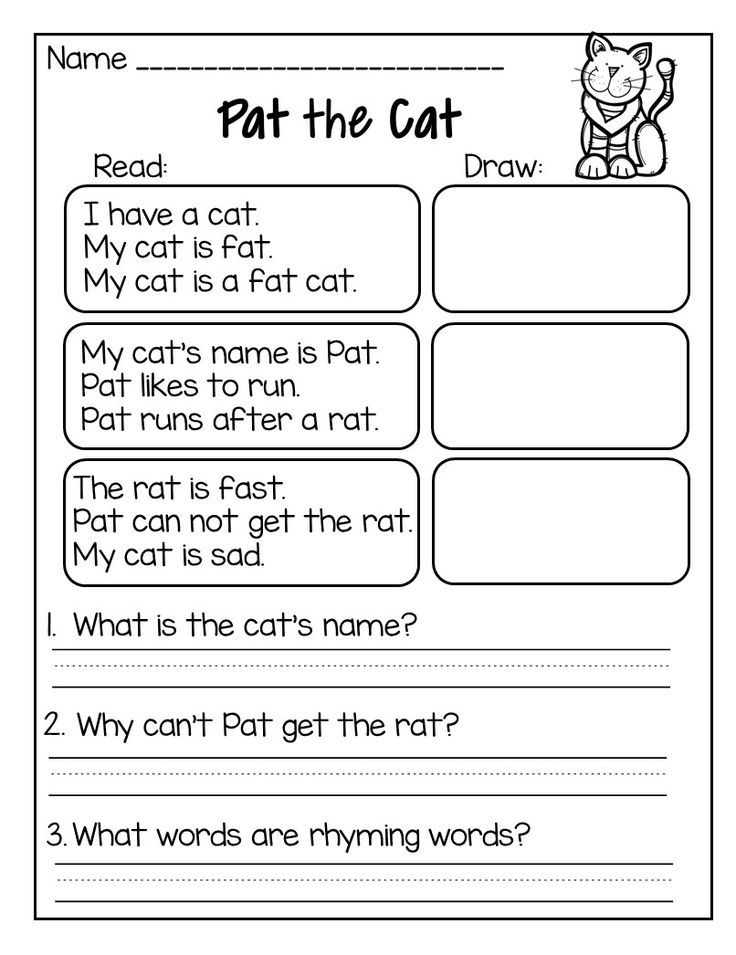 ” Sing songs that use wordplay, like Schoolhouse Rock’s “Conjunction Junction.” Or swap out the letters in words to turn them into new words. (For example, map can become nap or rap if you change the first letter, man if you change the final letter, and mop if you change the middle.)
” Sing songs that use wordplay, like Schoolhouse Rock’s “Conjunction Junction.” Or swap out the letters in words to turn them into new words. (For example, map can become nap or rap if you change the first letter, man if you change the final letter, and mop if you change the middle.)
9. Read to each other.
Take turns reading aloud during story time. As your child grows as a reader, you can gradually read less and let your child take the lead more often. If you have younger kids, too, encourage your older one to take on the responsibility of reading to them.
10. Point out the relationships between words.
Talk about words whenever you can. Explain how related words have similar spellings and meanings. Show how a noun like knowledge, for example, relates to a verb like know. Point out how the “wild” in wild and wilderness are spelled the same but pronounced differently.
11. Make books special.
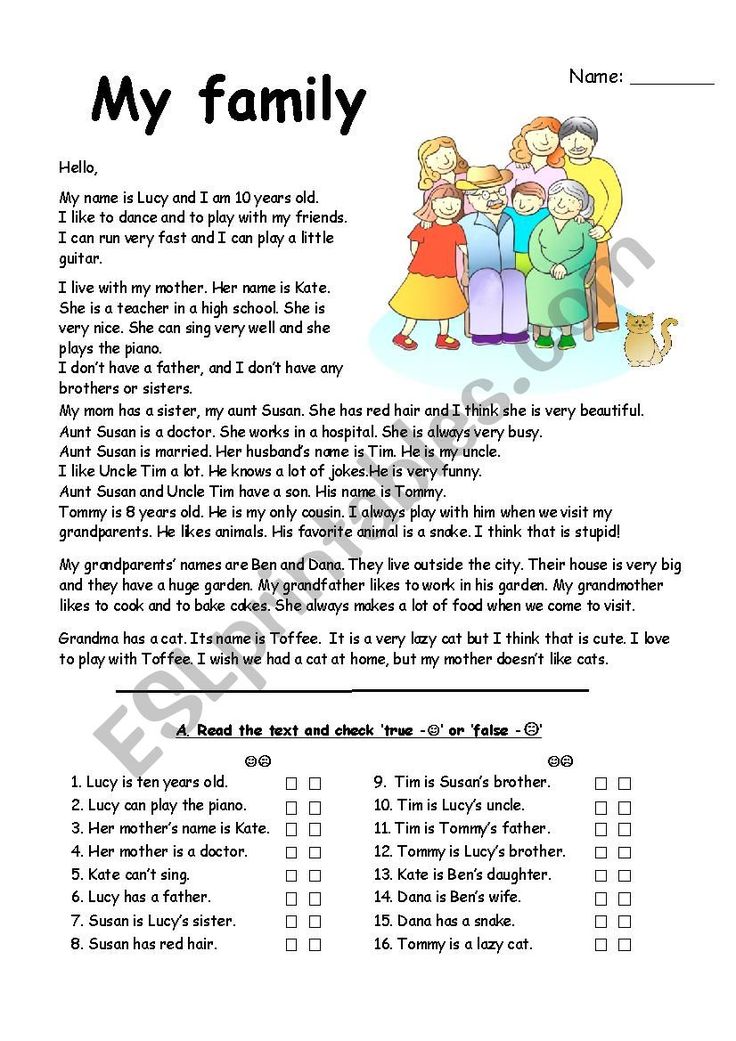
Kids who have trouble with reading may try to avoid it because it makes them feel anxious or frustrated. Try to create positive feelings around reading by making it a treat. Get your child a library card or designate special reading time for just the two of you. Give books as gifts or rewards.
12. Make reading creative.
Change up reading activities to play to your child’s strengths. If your child loves to draw or make things, create a book together. Fold paper and staple it to resemble a book. Work together to write sentences on each page and have your child add illustrations or pictures. Then read it out loud together.
13. Let your child choose.
Some kids prefer nonfiction books. Some love only fantasy or graphic novels. Or maybe your child prefers audiobooks or reading things online. The important thing is to practice reading, no matter where or how it happens.
14. Look for a series of books.
Ask a librarian or a teacher for suggestions about popular book series your child might like.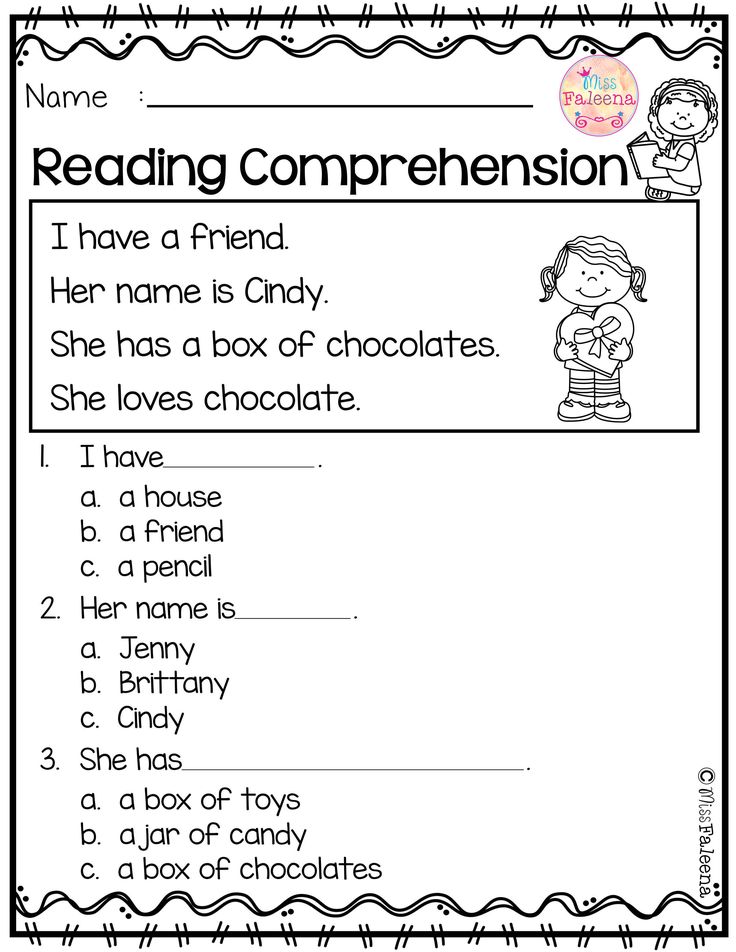 Reading a series of books helps kids get familiar with the tone, characters, and themes. This familiarity can make the next books in the series easier to grasp.
Reading a series of books helps kids get familiar with the tone, characters, and themes. This familiarity can make the next books in the series easier to grasp.
Get tips on fun books for reluctant readers. You can also check out book picks from our community.
5 sneaky ways I get my kids to read more
Have a reluctant reader at home? These tactics will get kids to read without them even noticing it. Sort of like sneaking veggies into pasta sauce.
When my kids were little, I read to them every night. And even when they weren’t so little.
But they’re older now and not as interested in my storytelling, no matter how many different animated voices I’m willing to use.
Our schools and library have reading “competitions” to win various prizes. Those sometimes worked when they were in primary school, but earned the classic middle-school eye-rolls the last time I tried.
So now that the magic of those incentives died off, and they don’t want to hear my voice any more than they have to, what’s a mom to do?
Without any nagging, begging or threatening, I’ve come up with five sneaky (one may say “passive-aggressive”) methods to promote literacy around my house.
1. Put subtitles on all the TVs
One night my oldest, who has dyslexia and avoids reading at all cost, convinced me that watching an episode of The Simpsons with subtitles counted for the 20 minutes of free reading he was supposed to be doing. I let him get away with it because I award bonus points for creativity and a well-played negotiation.
But it got me thinking. Why not put subtitles on all our TVs? And so I did. And now my kids are getting some extra reading in without even realizing it. For my kiddo with learning differences, there’s a benefit to hearing and seeing words at the same time. I have no concrete evidence that my children have jumped into higher reader groups due to closed captioning, but it can’t hurt.
As a bonus, I’ve found that I actually catch a lot more of the dialogue when watching movies now. Think about it: how often have you had to rewind in order to catch an actor’s mumbles? Or you know you missed something, but you just let it play on anyway?
2.
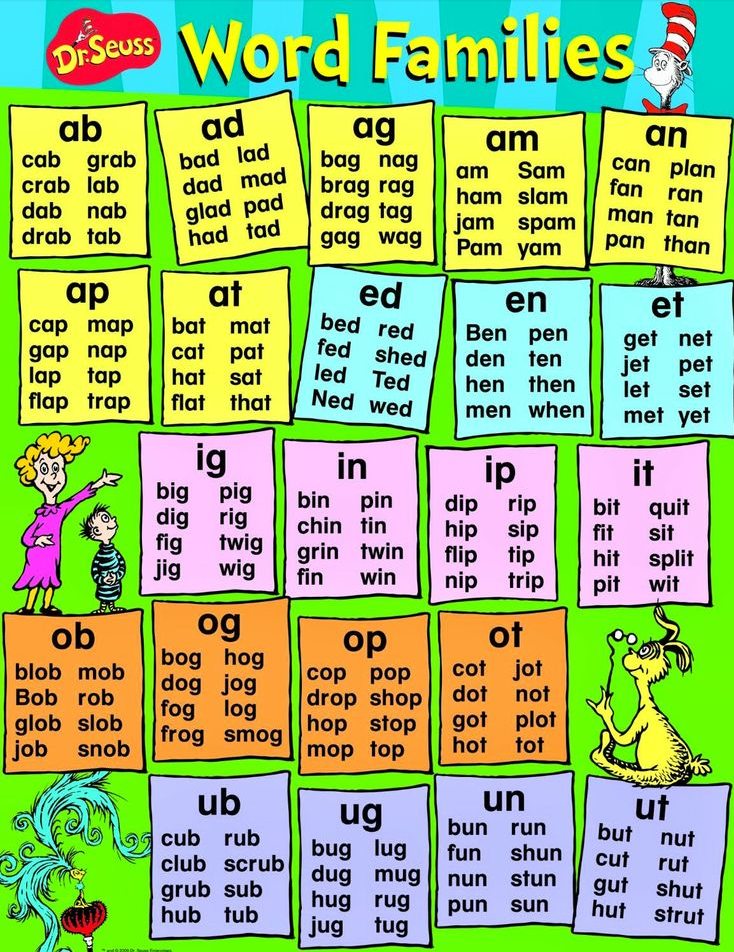 Play word games that are actually fun
Play word games that are actually funWhen you think of word games, you probably jump to Scrabble or Boggle. Maybe even Bananagrams. And those are awesome word-play games.
Yet, they’re headache-inducing for my reluctant reader.
But have you played Apples to Apples? It’s silly and fun, and yes, there’s still plenty of reading. Balderdash is another of my personal favorites.
Find what games are fun for your crew. The key thing to remember: It doesn’t have to be a bona fide word game to involve some extra reading. There are so many options: Life, Monopoly, Trivial Pursuit. If they don’t like one, try something else.
I also leave it to the kids to scour the instruction manual if there’s a question or challenge about the rules.
3. Leave interesting materials in conspicuous places
I figured this out by accident.
I used to pull the comics section out of the Sunday newspaper so my son could play the spot-the-difference picture games he loves. But I noticed that if I lazily left the comics lying around for a couple of days, he’d inevitably end up reading each strip, a couple at a time in between setting the dinner table and feeding the dog or over breakfast.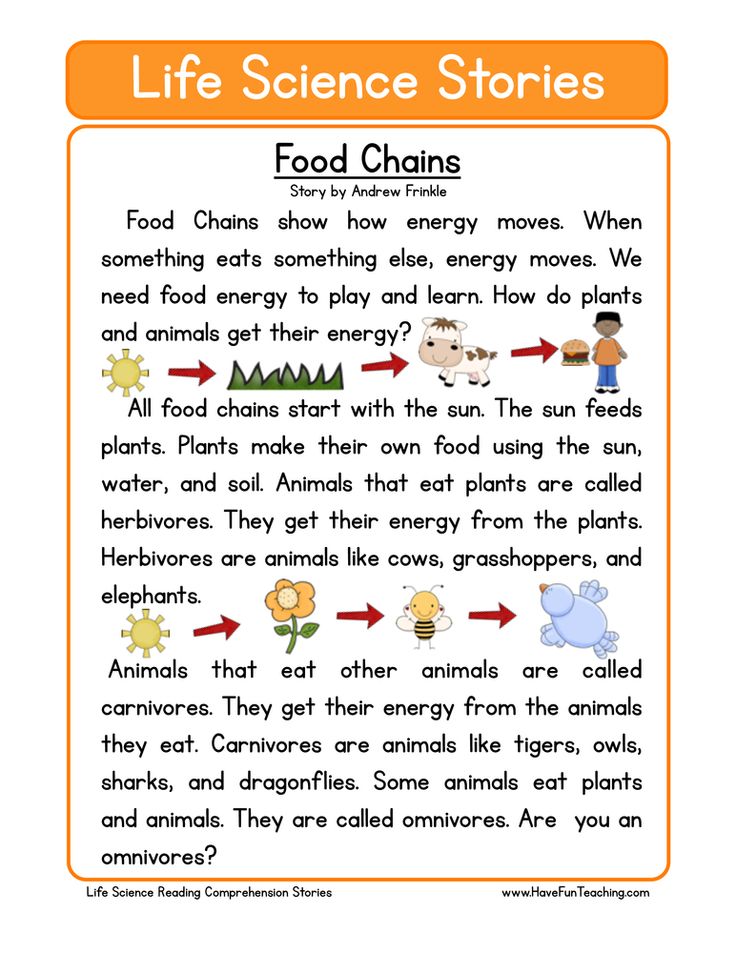
Feeding off my son’s love for The Simpsons, I grabbed a few Bart and Homer comic books the next time I was at Goodwill. I planted those in the bathroom.
Then for our next long road trip, I pulled out the big guns: Calvin and Hobbes.
Simply putting these visually appealing, interesting reading materials in my sons’ line of sight, they’ve inevitably picked them up, paged through them and asked for more.
My oldest, the one who supposedly hates to read, has polished off every Calvin and Simpsons collection I could find. My youngest now reads the newspaper comics nearly every day and has two monthly comic book subscriptions of his own.
4. Trick them with audiobooks
I love audiobooks. I listen to them with headphones while I fold laundry or exercise. But if I had a book playing in my car, I’d used to turn it off when the boys were with me.
But on one road trip, we listed to Trevor Noah’s Born a Crime as a family, and my boys couldn’t get enough.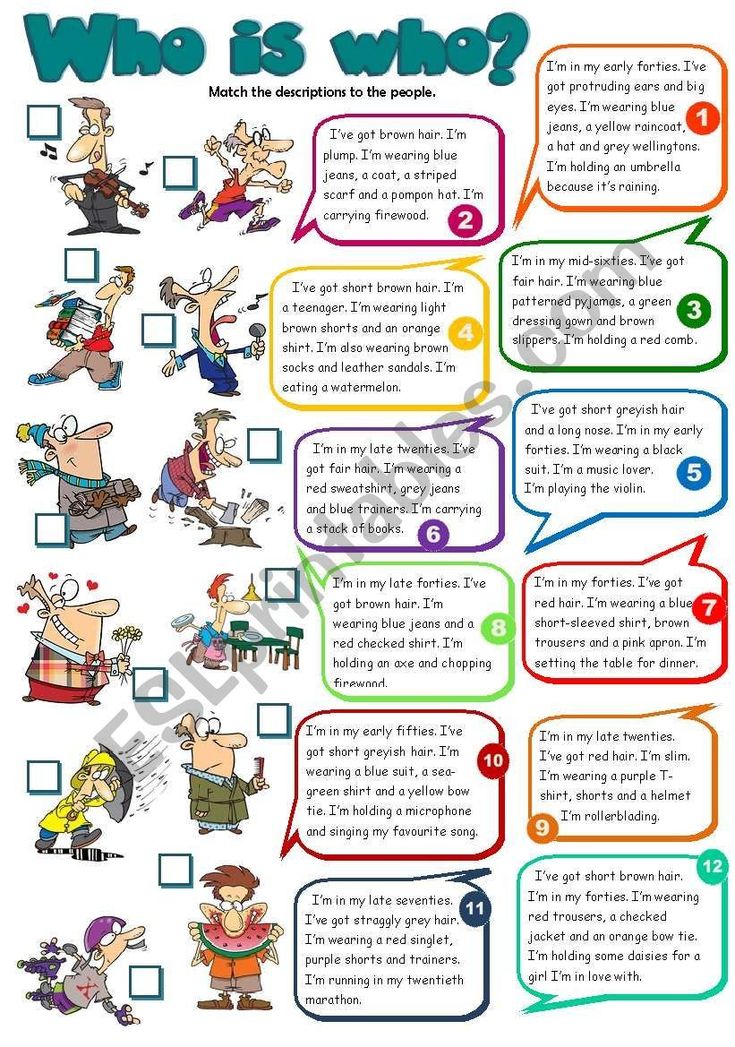 The story was insightful, engaging and hilarious, plus the narrator (Trevor himself) was highly entertaining.
The story was insightful, engaging and hilarious, plus the narrator (Trevor himself) was highly entertaining.
Since then, I’ve kept the audiobooks playing when they’re around. Even though they rarely hear a book from start to finish with me, they’ve caught parts of Educated and Becoming, my most recent reads, which piqued their interests and gave us something to talk about later.
Experts widely agree that being read to—whether it’s by your parent, your teacher or Trevor Noah—is a strong promoter of literacy.
5. Don’t let them watch the movie until they read the book
This is my strictest reading rule. My oldest read the Diary of a Wimpy Kid series this way, then A Series of Unfortunate Events and eventually The Hate U Give. The rule encouraged my youngest to devour the entire Hunger Games series, and we all cheered him on as we eagerly awaited watching each new installment.
Despite all my efforts, my oldest will still tell you he hates to read—right after he happily listens to a chapter of my book, watches a three-hour movie with subtitles, packs Mad Libs for camp, and asks me to order another graphic novel.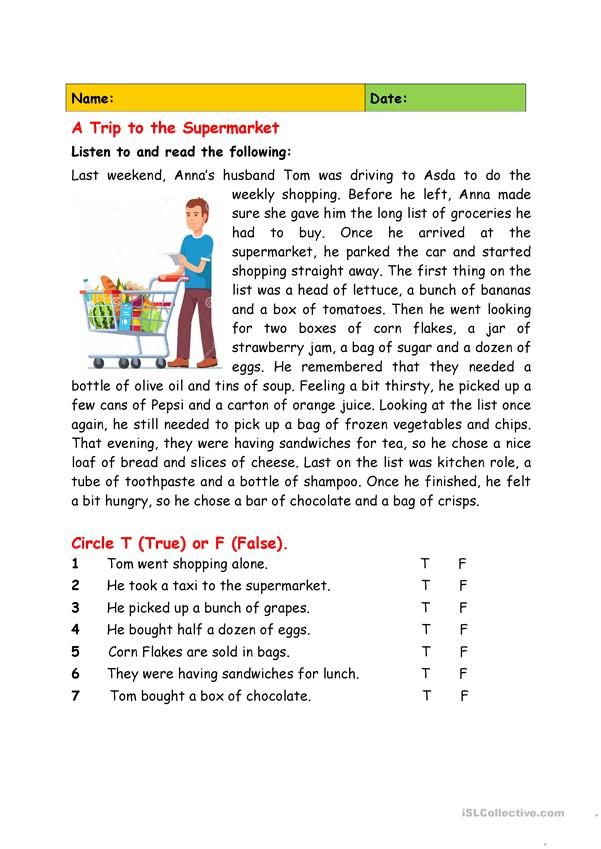 Perhaps he’s bought into the idea that unless you’re reading a thick, boring tome, you’re not really reading. I won’t tell him if you won’t!
Perhaps he’s bought into the idea that unless you’re reading a thick, boring tome, you’re not really reading. I won’t tell him if you won’t!
Stay in touch
Subscribe to Today's Parent's daily newsletter for our best parenting news, tips, essays and recipes.- Email*
- CAPTCHA
- Consent*
Yes, I would like to receive Today's Parent's newsletter. I understand I can unsubscribe at any time.**
FILED UNDER: Books Dyslexia Reading service viral
7 tips on how to help your child fall in love with reading (voluntarily!)
For one child, a book is really the best gift, while another will cringe at the sight of another volume. They force you at school, now at home too. But you don’t need to force it, even a school reading list for the summer. How to really captivate a child with books - says a specialist in children's reading and writer Yulia Kuznetsova.
They force you at school, now at home too. But you don’t need to force it, even a school reading list for the summer. How to really captivate a child with books - says a specialist in children's reading and writer Yulia Kuznetsova.
1. Do not force a child to read
The desire to read is formed from within, so I am sure that forcing a child to read at five or six years old is a dangerous path. The word "should" should be applied to children's reading in general with caution and at a more serious age, from grade 5-6 and only in relation to school literature.
If a child does not feel like reading by himself, there is nothing wrong with that. My middle son did not take reading aloud until he was three years old. While I was reading to my eldest daughter, he was crawling around on the sofa, pinching our hair - it only annoyed me. Then suddenly, at the age of four, he fell in love with reading aloud. At the age of five, we began to teach him to read, at first he did not particularly like to do this either.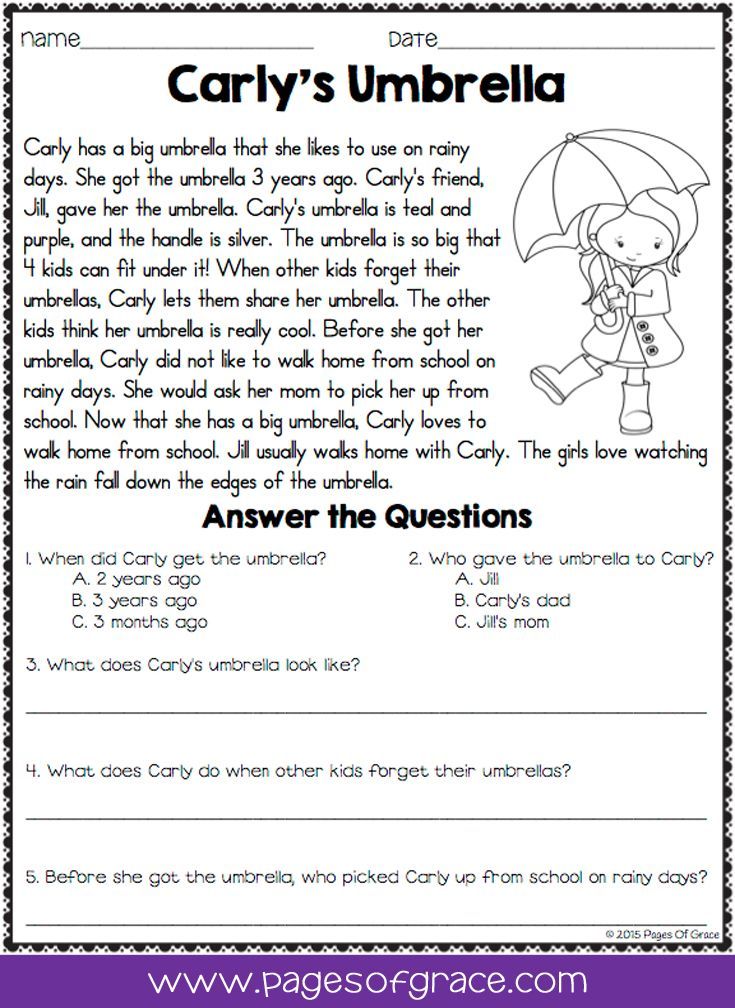 And by the age of six, reading began, this is a spontaneous process.
And by the age of six, reading began, this is a spontaneous process.
Often parents are afraid that their child will go to school without being able to read. It all depends on the teacher. Now I hear about cases when teachers say: “I don’t need parents to bring the child to some level, otherwise he will be simply bored in the lessons.”
2. Surrounding children with books is good advice, but it doesn't always work
My experience is very different. When I came back from book festivals and brought bags of books to children, we had the following dialogue: "I brought you gifts" - "What gifts?" - "Books" - "I see, but did you bring normal gifts?"
When there are many books in the family, the following stories may come up. You ask: "Do you want to read a book?" - "Not". They closed the book and put it in the fridge. After a while, you ask again, you get the same answer, and you put the book on the windowsill. It turns out that these “I don’t want” lie all over the apartment.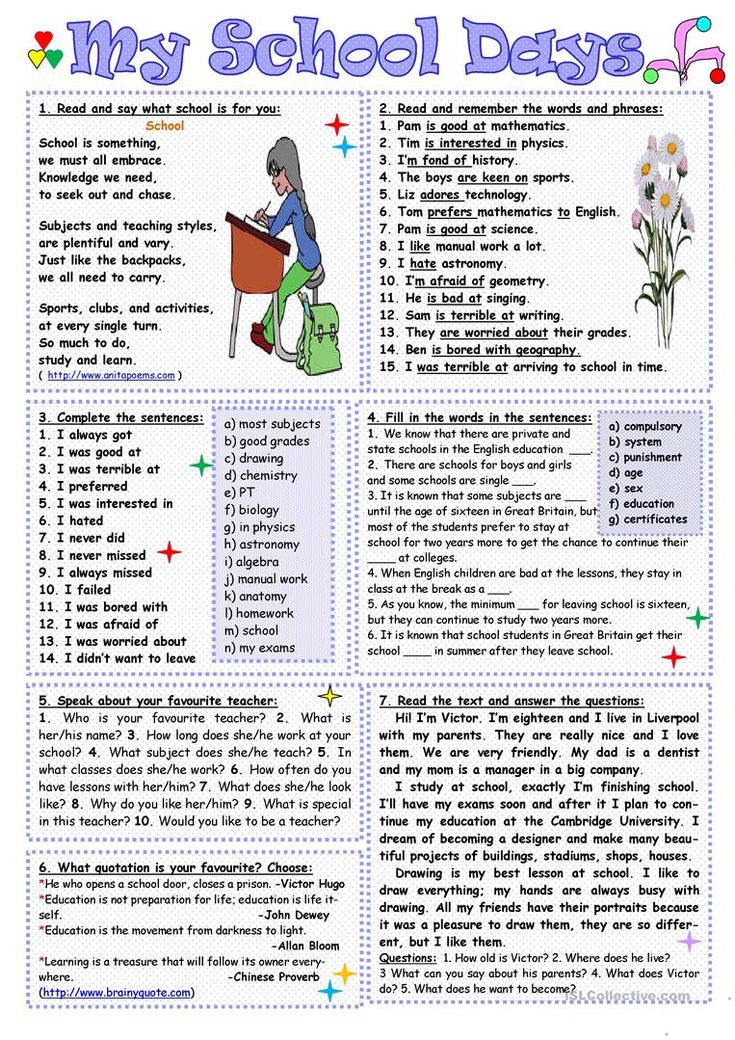
It seems to me that we should remember our book experience, when there were always not enough books in childhood. Especially the ones you really wanted to read. I run courses for children where we do group calculations, we have our own library that fits on a chair. These are books from my home library that have gone through a rigorous selection: they will definitely appeal to children who do not like and do not want to read. Children come, sit down, see some books, they are interested in taking them and looking at them, but I don’t let them do it. They say, “Please, please, can I? If I don’t take it now, then Petya will take this book later.” I say: "No, now we have a lesson, we are doing other interesting things." And when they see that the books cannot be freely approached, then after the lesson they scatter in a second. A mob runs up, they take everything apart and take it home. Moreover, the children know that next time I will ask what this book was about.
3.
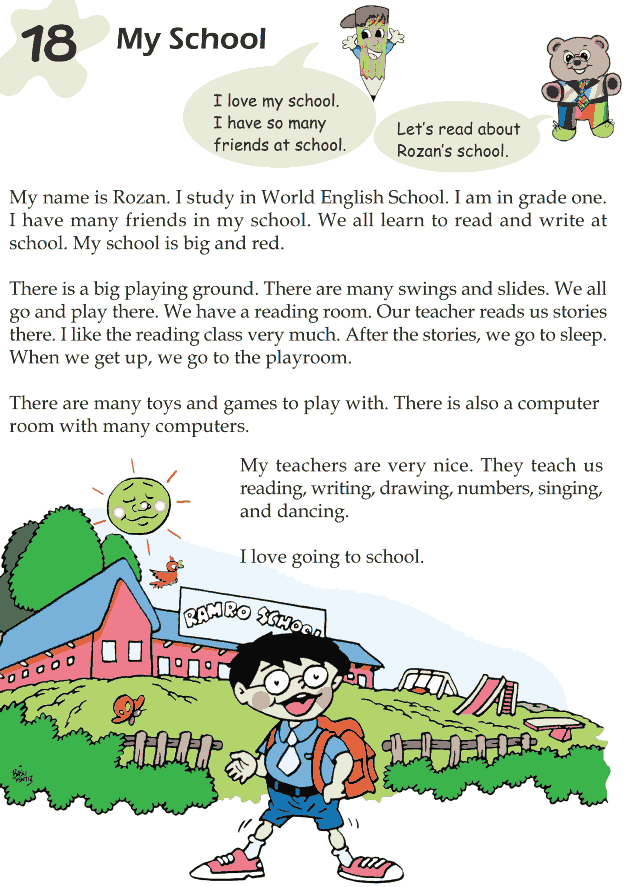 Talk with your children about the books you read yourself
Talk with your children about the books you read yourself Parents who read in front of their children are very rare. Use these moments to talk to him about the book you are reading right now, or even try reading out snippets. For example, my daughter once loved sheep very much, and I was reading Sheep Hunt by Haruki Murakami just at that time. When she found out about this, she said: “Sheep are being killed there, I feel sorry for them.” I offered to read a fragment of the book aloud to her so that she would see that no one was being killed there. I read the description of the pasture to her, and she was so delighted: her mother let her touch her book.
You can discuss books with other adults in front of children. I discuss books on the phone with my mother
We have similar tastes, my mother likes modern Russian women's prose, for example, Marina Stepanova. We call her and discuss some books, and the children hear it all.
4. Read aloud. And record reading on a voice recorder
Parents spend the whole day at work, and if after that they read aloud to their children for at least ten minutes, this becomes a powerful lock that holds relationships together.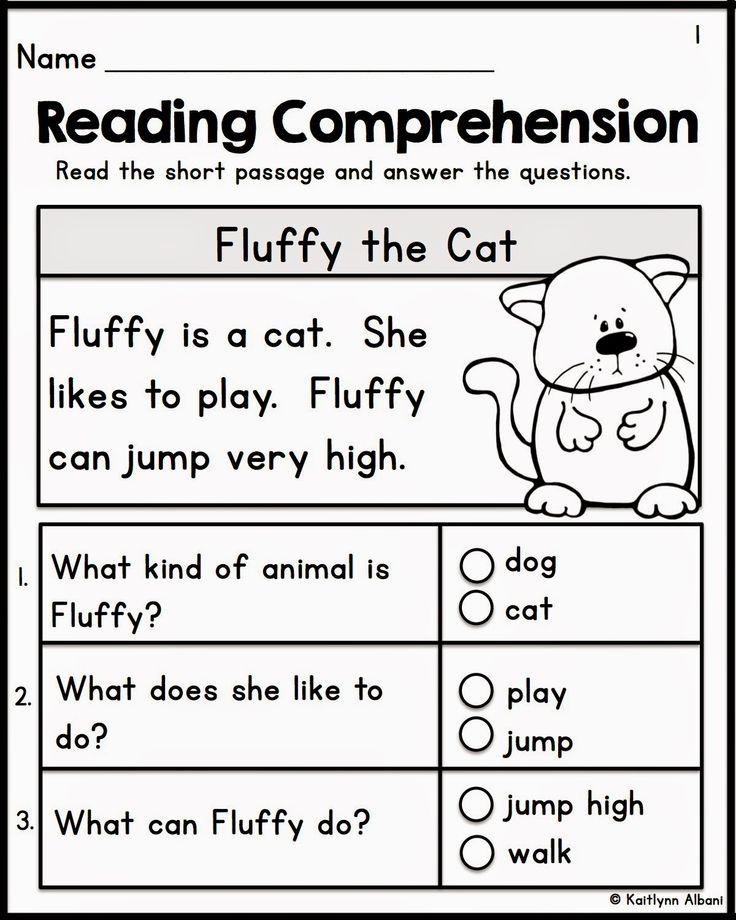 You can also not only read aloud, but also record reading on a voice recorder. The phone is not suitable for this, because it will switch attention to itself all the time. There is only one button on the voice recorder - turn it on and off.
You can also not only read aloud, but also record reading on a voice recorder. The phone is not suitable for this, because it will switch attention to itself all the time. There is only one button on the voice recorder - turn it on and off.
Dad sits down, reads aloud to them, all this is recorded on a dictaphone. One chapter in a children's book lasts an average of 10-15 minutes, this time is enough for the event called "evening reading" to take place. When dad leaves for a business trip, the children listen to the recordings. They turn it on when they eat, when they draw. This is not just a text, this is a memory of how good it was with dad in the evening.
5. Don't ignore audiobooks - they help with text
Audiobooks are a relief for children who are not very confident and see mostly letters, not images. They first get used to, and then return to a paper book. This mechanism also works with films (yes, yes). Children first watch the movie, find out how it all ends there, and then take the book and read it. It happens that children take the book even after performances. The host of the theater studio told how she staged "Uncle Vanya" with teenagers, and then a boy came to her and asked: "Is it possible to read this somewhere?" So a well-read audiobook, especially if you listen to it with your parents and discuss the plot, can also help instill a love of reading.
It happens that children take the book even after performances. The host of the theater studio told how she staged "Uncle Vanya" with teenagers, and then a boy came to her and asked: "Is it possible to read this somewhere?" So a well-read audiobook, especially if you listen to it with your parents and discuss the plot, can also help instill a love of reading.
6. Write a book about your child - this is another way to help him start reading
Take a picture or draw your child, stick it on a piece of paper and write: "This is Kolya." Then take a picture of how he eats and write: "Kolya eats." Then you can take a picture of how he sleeps, plays, and so on. Make such a book and show a child at the age of three - let him look at all this. When he is four years old, he will understand that letters can somehow be put together into words and will start trying to do it. Reading about yourself is always more interesting. My daughter is 12 years old, and she sits down with pleasure herself and reads a book about what she did nine years ago: she sculpted hedgehogs, kneaded the dough, molded cookies from it.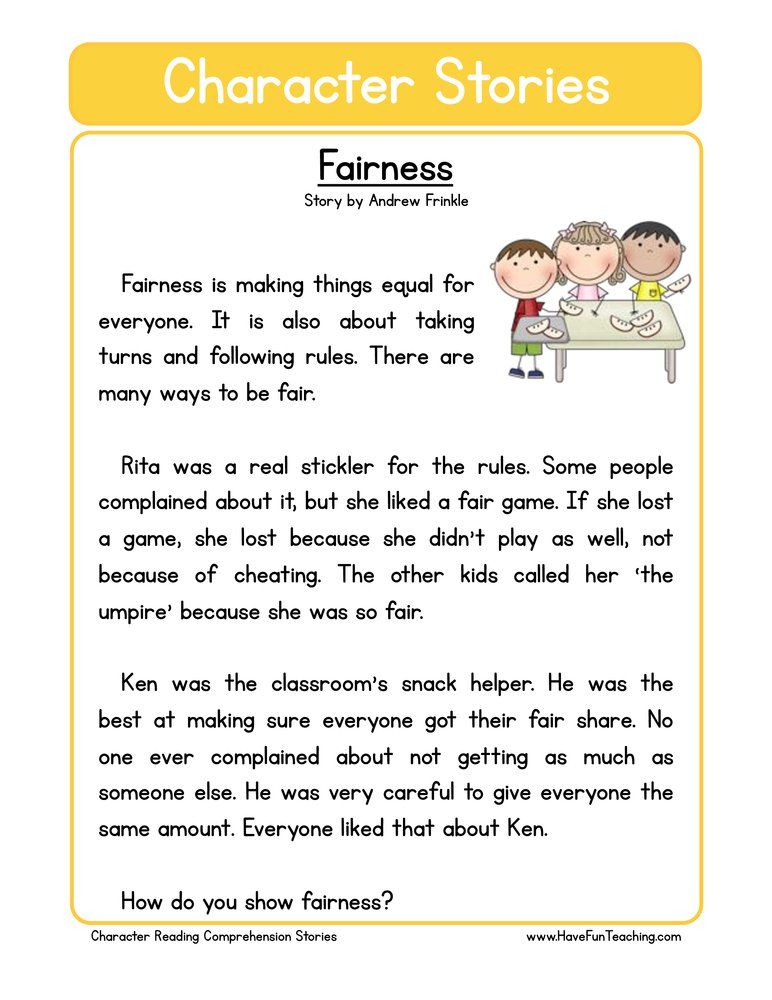
In my lessons I set aside 15 minutes and we write a book about ourselves. I give simple phrases that need to be completed: "Once I went ...", "And suddenly I saw ...", "Here I meet ...". It takes a little time, but it works very well. Children can write whole volumes about themselves.
In fact, for students who have difficulty in reading, it can be like writing classes - this is a good way to overcome reading difficulties. It seems that the child is learning to write, but at the same time learning to read. I had a girl on the course who stuttered and skipped words when reading. But when I read my text, I did not miss a single word. For her it was very important.
7. Do not be afraid that the child will not read the school list of literature for the summer
Take the list of literature, a pen and first of all cross out the books that the child definitely does not need. During communication with the teacher, you can understand what he wanted, including this or that book in the list.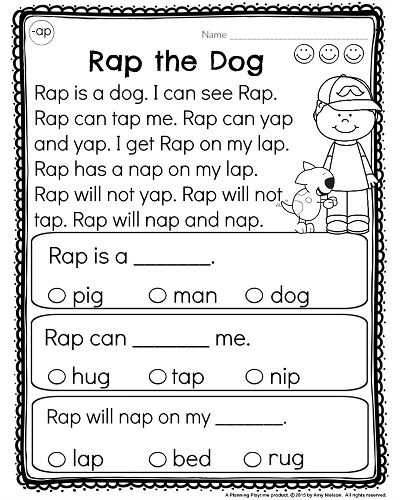 For example, in the first grade in our textbook there was a fragment from The Hobbit. The teacher decided that since there is a piece from Tolkien, then you need to read the whole book. I say, "Sorry, guys," and cross it out. We tried to watch a movie based on the book, but the children didn't get it: they were just scared.
For example, in the first grade in our textbook there was a fragment from The Hobbit. The teacher decided that since there is a piece from Tolkien, then you need to read the whole book. I say, "Sorry, guys," and cross it out. We tried to watch a movie based on the book, but the children didn't get it: they were just scared.
Then cross out all the books that the children know by heart. In the first grade, along with The Hobbit, we came across Little Red Riding Hood. I crossed out this book because we know it very well. Next, we select books that can be replaced with audiobooks and films. If the child is not drawn to reading Pinocchio, just show him the film. The plot will be postponed, and when the text from the book comes across to him in the textbook, the child will cope with it, because he will be six months or a year older.
Then choose the books you will read aloud. It was the same with Garin-Mikhailovsky's The Childhood of the Theme. My daughter got it in the second grade, and I realized that she would not pull it.
There remains a small sample of books that the child can read on his own. You take this list and say: “Look, here the teacher recommended these books. Which of these would be the most interesting for you to read?”. He chooses and you start reading. One summer, our son read one or two books, but at the very least, we replenished our cultural baggage. Often parents are afraid that they will come to school in September and they will be asked if the child has read the entire list. Just answer that you didn't read everything. There is nothing terrible in this.
What else to read about children's reading:
- Marina Aromshtam "Read!" - a book that will give parents answers to many questions.
- Yulia Kuznetsova Calculation. How to help your child love reading ”- a book about how parents can help children love books.
- Aidan Chambers “Tell me. We read, think, discuss” - the author tells how to communicate with children through books.
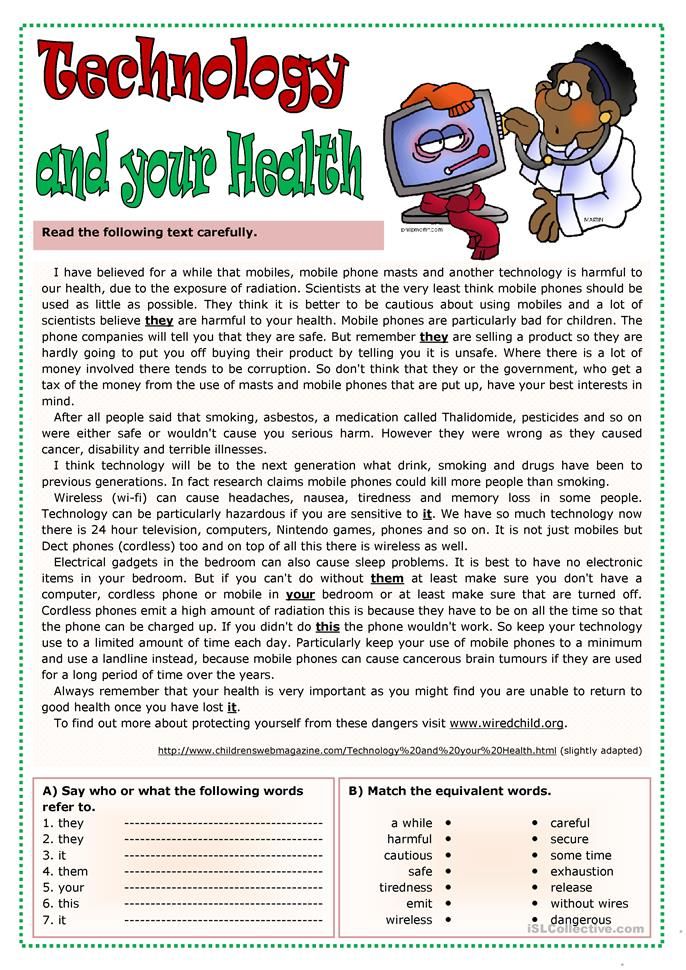 What questions can be asked to children so that they talk about what they read and at the same time do not feel that they are being examined ( an excerpt from the book read here ).
What questions can be asked to children so that they talk about what they read and at the same time do not feel that they are being examined ( an excerpt from the book read here ). - Daniel Pennack "Like a Novel" - for parents who are worried that their child does not read.
- Papmambuk - is an excellent site with useful materials about children's reading.
Listen to the full interview with Yulia Kuznetsova here. The conversation took place on the air of "Radio School" - the "Mela" project and the radio station "Moscow Speaks" about education and upbringing. The guests of the studio are teachers, psychologists, scientists and other experts. The program airs on Sundays at 4:00 pm on the radio "Moscow Speaking".
Illustrations: Shutterstock (oriol san julian, Kat Buslaeva)
How to motivate a child to read? - ABC of education
Actual
“My child does not read at all. He will grow up as an ignoramus!”, “How to make him take a book and think with his head?”, “Why don’t they read? It used to be a shame not to read”, “I always read to children when they were small, but I never taught them to read on their own”, “He loves comics and all sorts of nonsense, but he cannot be captivated by serious books.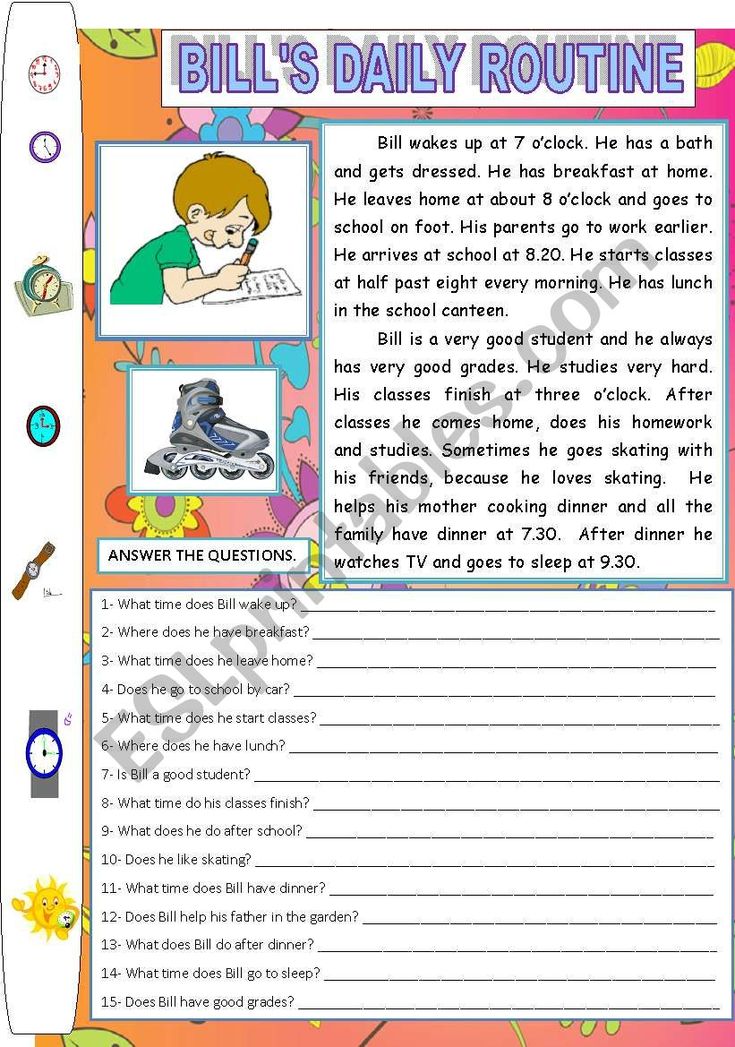 ”
”
Why have children all over the world stopped reading?
1. There is consistent evidence that children are becoming less and less willing to read. Heavy folios and thick books, ink and pens have so long symbolized high culture that with their disappearance from everyday life, we plunged into an anxious expectation of the end of civilization . With the cessation of reading, the most important channel for the transfer of experience between generations will be destroyed.
2. The phenomenon of mechanical, "meaningless" reading of was the first to be dealt with by Americans, in particular, psychologist and education specialist Michael Cole. For a significant proportion of American children, children of migrants, English was not their first language, and it was assumed that difficulties in understanding texts reduce children's motivation to read. Children could read technically, but after reading the text at a good pace, they then could not only retell, but sometimes even say what the text was about.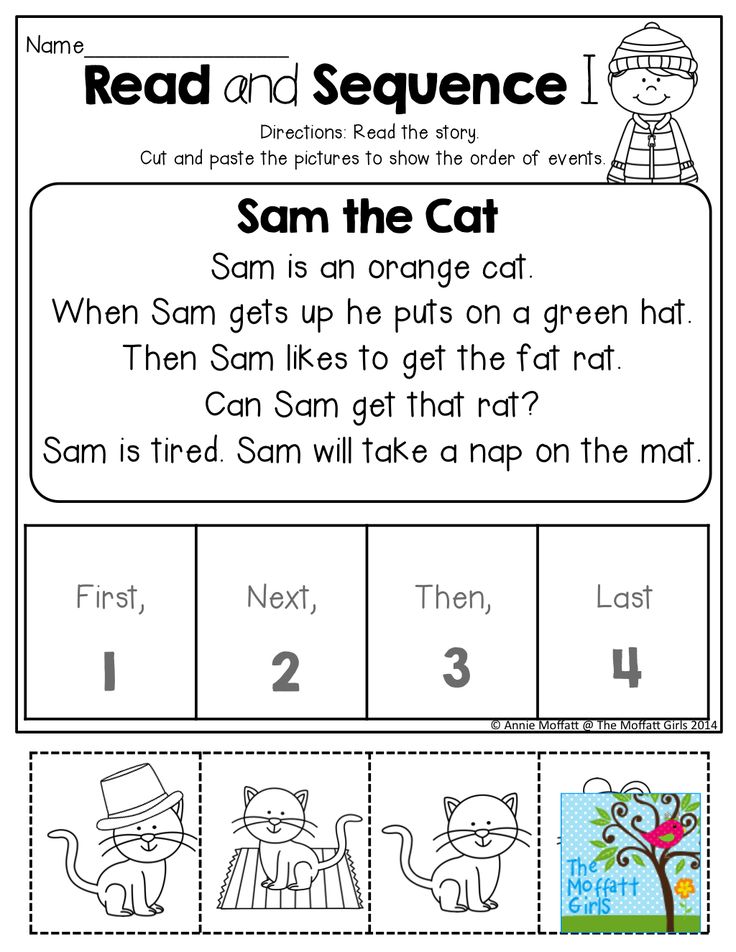 Children read as if their right hemisphere, which is responsible for imagination and emotional response, was affected. At the same time, they passed tests for intelligence successfully, and sometimes their non-verbal intelligence was especially pronounced, for which it is the right hemisphere that is responsible. Physiology and genetics had nothing to do with it. Low motivation for reading and learning in general has led to the fact that high migration to the United States was accompanied by a decrease in the level of education in the most technologically advanced country.
Children read as if their right hemisphere, which is responsible for imagination and emotional response, was affected. At the same time, they passed tests for intelligence successfully, and sometimes their non-verbal intelligence was especially pronounced, for which it is the right hemisphere that is responsible. Physiology and genetics had nothing to do with it. Low motivation for reading and learning in general has led to the fact that high migration to the United States was accompanied by a decrease in the level of education in the most technologically advanced country.
3. However, there was no talk of a return to absolute illiteracy. Everyone learns to read and write today. It is possible that the total volume of texts read is no less than in the old days, but it is obvious that today they mostly read not books with crispy bindings and rustling newspapers, but electronic texts of various formats. This indifference to reading books, which were once our style models, has a downside.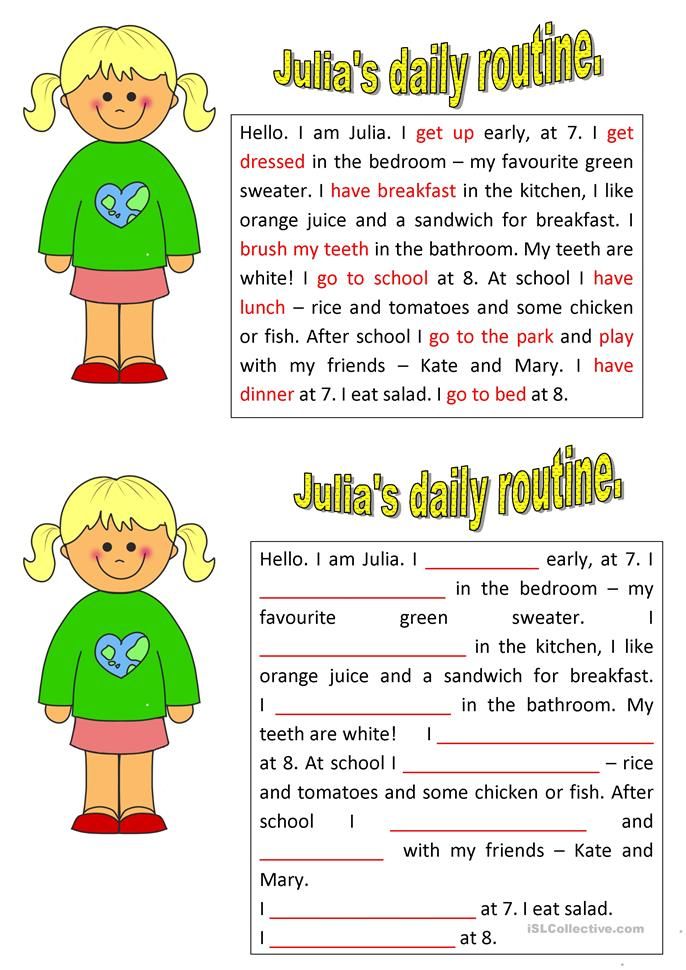 Growing up, children, for their part, discover that their parents do not know how to use a computer and show no interest in virtual worlds.
Growing up, children, for their part, discover that their parents do not know how to use a computer and show no interest in virtual worlds.
4. Computer communication involves not only passive reading of texts, but also their constant production. Spelling skills, accuracy and calligraphy are opposed to typing speed, targeting, genre correspondence of written texts. Spoken language is largely replaced by written language.
5. The decrease in the value of reading for a modern child is only a fact of his adaptation to the changed conditions of development. Children have not become less curious, but they have certainly become less controlled. If we want to speak, correspond with children in their language, we will have to master the computer, or not pretend that we do not really need it.
6. The consequences of the humanitarian revolution, associated with the rapid transition from speech to writing, from reading to writing, have yet to be assessed. So far, there is a fear that a child on the net operates with simpler and often illiterate texts.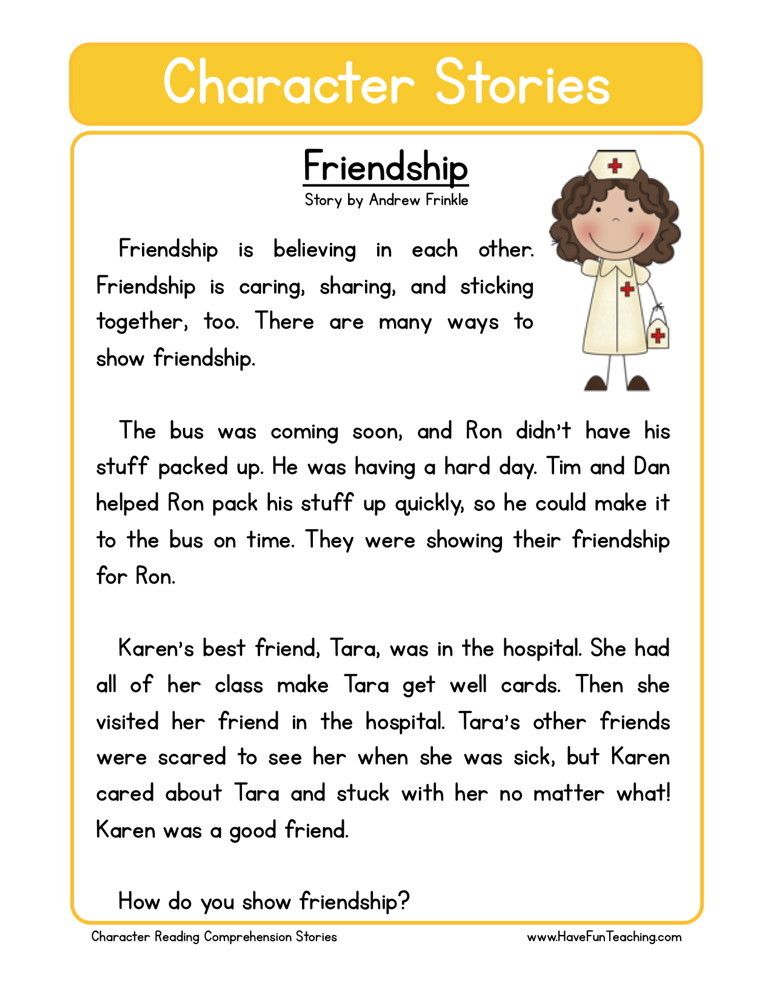 Along with the decline in interest in reading, the general level of intellectual culture falls. There is a shift in emphasis from the production of high cultural values to consumption everything new, funny, cool, useful, interesting. This is not how to develop thinking, not to solve global problems ... While scientists are looking for answers, responsible parents are making efforts to pass on their reading experience to children.
Along with the decline in interest in reading, the general level of intellectual culture falls. There is a shift in emphasis from the production of high cultural values to consumption everything new, funny, cool, useful, interesting. This is not how to develop thinking, not to solve global problems ... While scientists are looking for answers, responsible parents are making efforts to pass on their reading experience to children.
Situation 1. “Coercive motivation”
The father of six-year-old Serezha decided that, unlike other children, his son would be an educated, well-read person. He grew up in an incomplete family, and was proud that he himself received an education, which helped him and his wife to resist in difficult times. In order not to miss the moment, the family made a rule to read with the child every evening. At 1 year and 7 months. Serezha already knew all the letters. At 2 years and 4 months old, he added and read simple words "Ma-ma", "pa-pa", "ba-ba".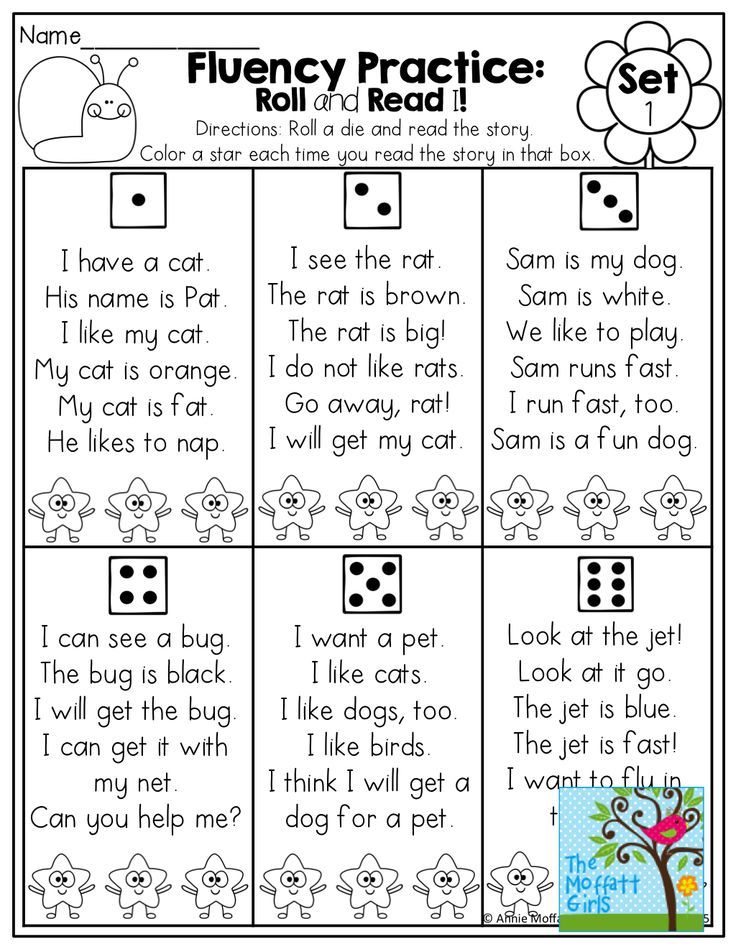 At the age of four and a half, Seryozha could read new words, but under various pretexts, he began to evade the long-established reading procedure. Among the books next in line were Myths of Ancient Greece, a thick volume of Hoffmann's tales. And just at that moment, the child, who amazed everyone with his awareness, began to get sick, became isolated and very soon stopped talking to his family, thinking about something of his own. The psychologist in the kindergarten came to the conclusion that the boy had depression or emotional exhaustion associated with an unusual kind of “psychological abuse” against the child - forced, increasingly complicated and less and less understandable reading to the child.
At the age of four and a half, Seryozha could read new words, but under various pretexts, he began to evade the long-established reading procedure. Among the books next in line were Myths of Ancient Greece, a thick volume of Hoffmann's tales. And just at that moment, the child, who amazed everyone with his awareness, began to get sick, became isolated and very soon stopped talking to his family, thinking about something of his own. The psychologist in the kindergarten came to the conclusion that the boy had depression or emotional exhaustion associated with an unusual kind of “psychological abuse” against the child - forced, increasingly complicated and less and less understandable reading to the child.
Comment:
Education and reading require effort, and unless voluntary attention and memory are formed in children, it is difficult for them to read on their own. One of the motives for reading may be the fear of being punished for refusing or failing to do what parents expect.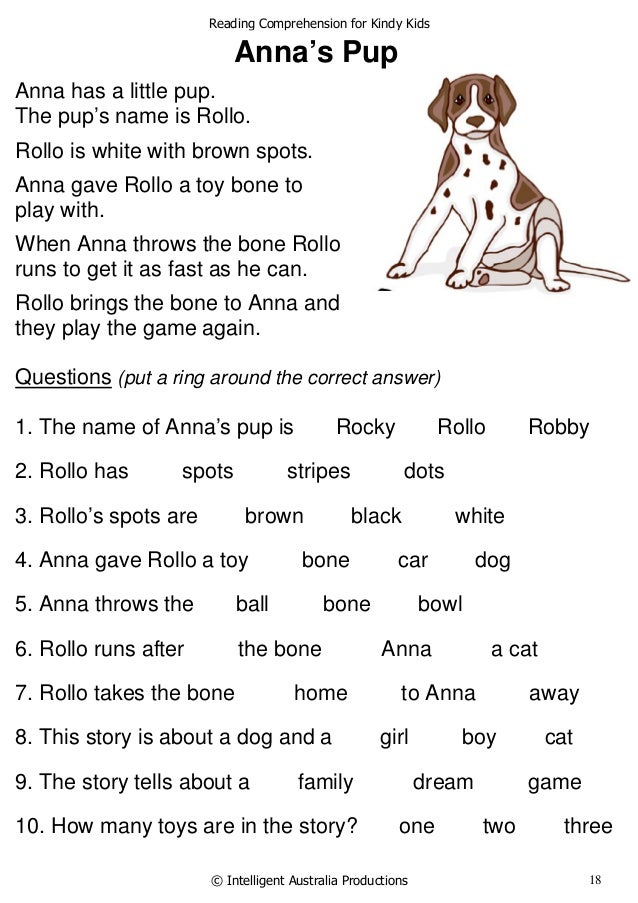 This is a non-specific motive for reading, which will lead to the opposite effect - the rejection of an overwhelming or hateful activity at the first opportunity. The child will hate reading and books. The situation will only get worse if the family has demanding, pragmatic, cold relations, and family members are evaluated according to their “working” characteristics.
This is a non-specific motive for reading, which will lead to the opposite effect - the rejection of an overwhelming or hateful activity at the first opportunity. The child will hate reading and books. The situation will only get worse if the family has demanding, pragmatic, cold relations, and family members are evaluated according to their “working” characteristics.
Children also do not know age standards, and if an adult insists that at your age everyone has been reading for a long time, then the child has no choice but to take this maxim on faith and at the same time admit that he may “ grow up to be a real idiot."
If parents rely on the early independence of a preschool child or on a special path and pace of his development, they clearly overestimate the situation. It is impossible to bypass the stages of joint evening reading, fantasizing based on fairy tales, playing them out with peers and proceeding immediately to independent “adult” reading. It is impossible to raise a child in forced isolation, and the forced development of one or another ability narrows the child's social circle.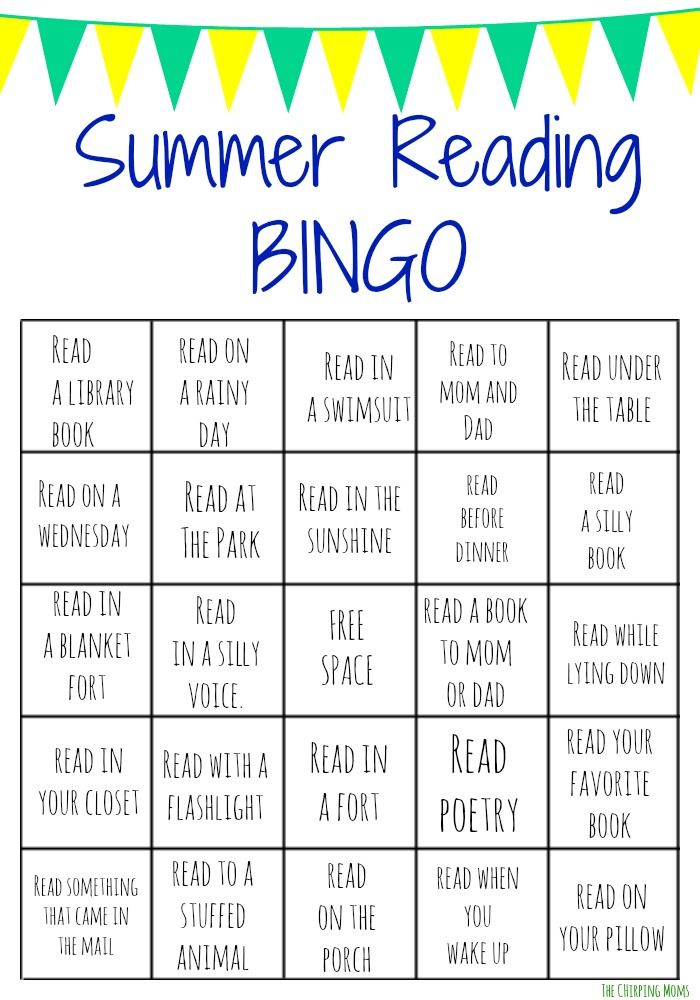 Any activity of a child, like an adult, is polymotivated. We draw part of the incentives for development from communication with peers, not wanting to fall behind them or trying to try what seems interesting to us in their performance.
Any activity of a child, like an adult, is polymotivated. We draw part of the incentives for development from communication with peers, not wanting to fall behind them or trying to try what seems interesting to us in their performance.
Situation 2. “Reading and computer”
Five-year-old Katya did not want to learn letters until she was allowed to use the computer. It turned out that she already knew half of the letters, classes with her grandmother were not in vain. But - a miracle! - in a couple of evenings she learned a dozen computer commands to play a computer game. After that, it was difficult to accuse the girl of weak abilities and laziness. But she still refused to read. And then it was decided to forbid playing until Katya read the fairy tale, first about "Mashenka and the Bear", then "About the Three Little Pigs". Katya was crying, but she was reading... Until Katya's grandmother lost her nerve, and she complained to the psychologist in the kindergarten about Katya, her parents, and the kindergarten, where they don't teach children about culture.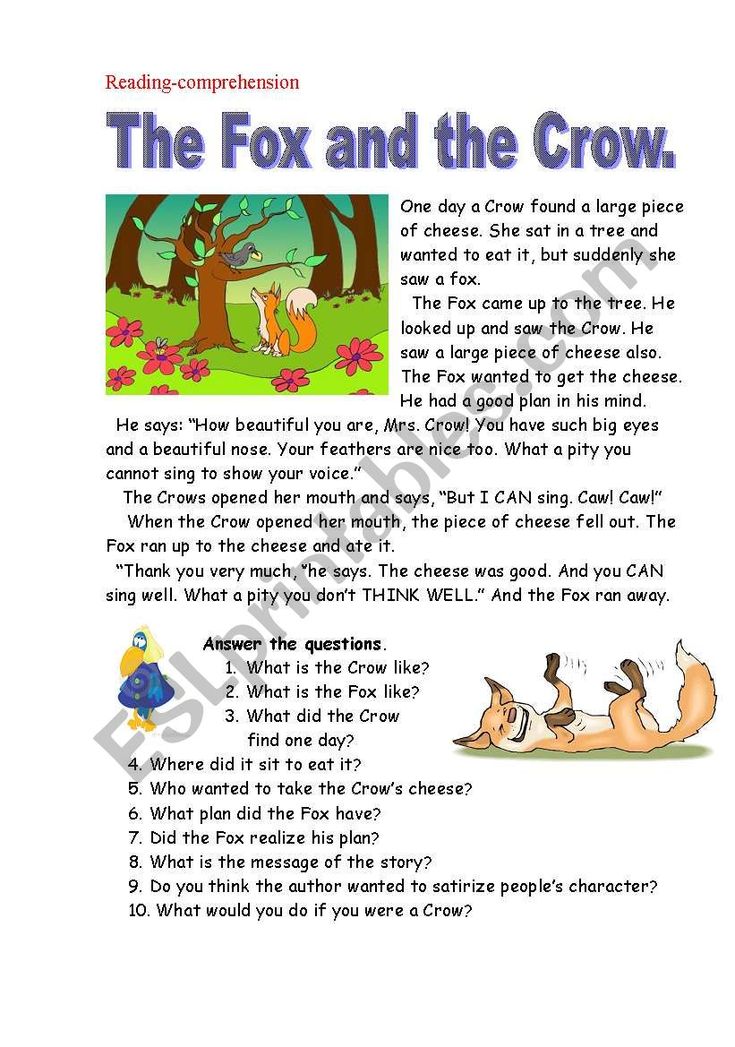 ..
..
Comment:
Let's honestly compare the benefits of working on a computer and reading. Parents know little about the first and therefore think little, because this experience is not familiar to them from their own childhood. The computer gives the child the illusion of control, inclusion in the interaction with the world. Reading is a passive process of perceiving events in which the child will not be able to intervene. Unless you are acting out plays based on a fairy tale, improvising while reading, reading from roles, etc. Working at a computer gives you a feeling of ease in the execution of a plan, from idea to execution - literally at hand, in one movement. By typing letters on a computer keyboard, a child actually performs a more complex activity than putting letters into words. And the more difficult the activity, the more interesting it is. Paradox, but true. Weak motivation to learn actions that are too simple for a given age can also hamper the development of skills.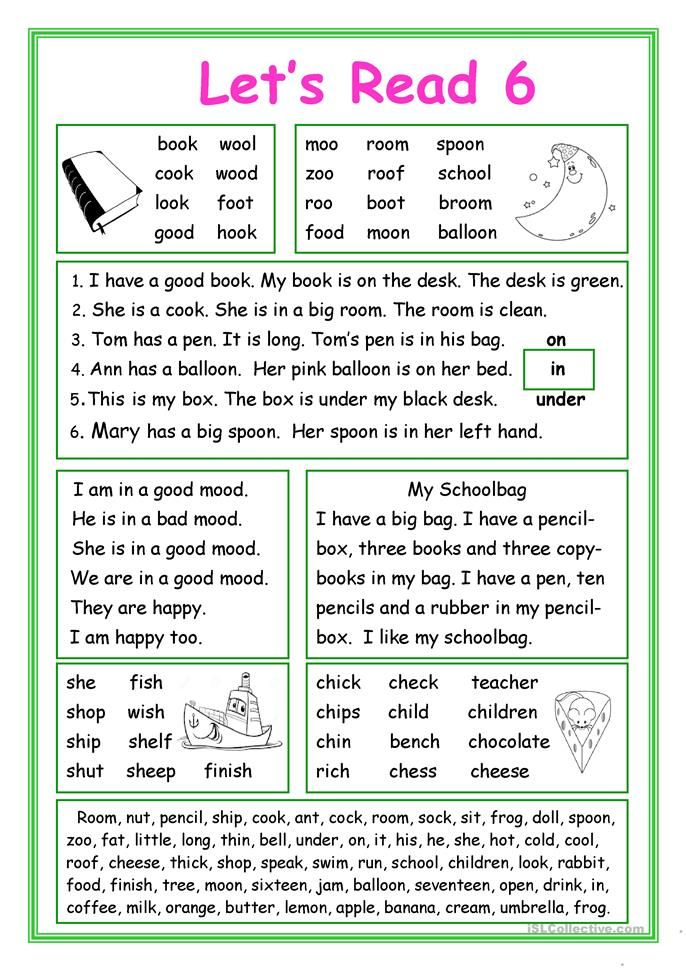 And, finally, a computer, compared to a book, gives a more serious bonus - the child gets the opportunity to play. While reading, he often receives only the moral encouragement of adults. Understanding this intuitively, adults begin to manipulate the situation, build dependencies “reading à playing on the computer”, etc. Learning in the game is more in line with the needs of preschool age than “school” learning. The fatal difference in favor of reading is that while reading, the child emotionally gets used to the role. While playing on the computer, he technically performs a sequence of operations that are only interesting to him. A computer game reinforces children's egocentrism and inhibits the development of arbitrary (“volitional”) skills.
And, finally, a computer, compared to a book, gives a more serious bonus - the child gets the opportunity to play. While reading, he often receives only the moral encouragement of adults. Understanding this intuitively, adults begin to manipulate the situation, build dependencies “reading à playing on the computer”, etc. Learning in the game is more in line with the needs of preschool age than “school” learning. The fatal difference in favor of reading is that while reading, the child emotionally gets used to the role. While playing on the computer, he technically performs a sequence of operations that are only interesting to him. A computer game reinforces children's egocentrism and inhibits the development of arbitrary (“volitional”) skills.
Situation 3. Mechanical reading
Petya learned to read at the age of four. At the same time, he began to “work” on a computer, and at the age of five he already read and wrote, striking his family with his abilities.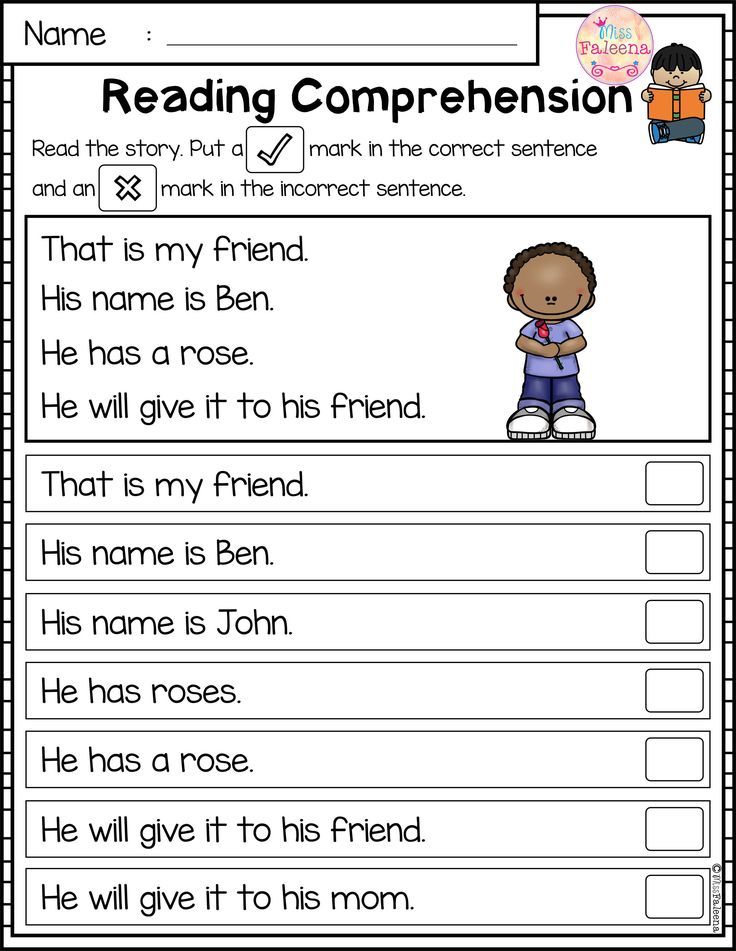 A real Indigo child, a genius child. The problem was revealed when a grandmother from the province came to visit Petya's parents. Out of intellectual habit, she wanted to talk to her grandson about his favorite books, and it turned out that Petya was unable to keep up the conversation. He didn't seem to know or remember any of the books! “As the grandmother exclaimed, haven’t you read about Pinocchio?” Petya answered in the affirmative only when they took the book off the shelf and showed it to him. "I read this one." He recognized her from the cover. In exactly the same way, Petya “read” all the books on the shelf. At the request of his grandmother, Petya read without hesitation from any place, but what this episode was about, he did not remember, did not know, was not interested. He couldn't even retell it... “He can't read! Read and not understand what? This is not reading! Grandma turned out to be right...
A real Indigo child, a genius child. The problem was revealed when a grandmother from the province came to visit Petya's parents. Out of intellectual habit, she wanted to talk to her grandson about his favorite books, and it turned out that Petya was unable to keep up the conversation. He didn't seem to know or remember any of the books! “As the grandmother exclaimed, haven’t you read about Pinocchio?” Petya answered in the affirmative only when they took the book off the shelf and showed it to him. "I read this one." He recognized her from the cover. In exactly the same way, Petya “read” all the books on the shelf. At the request of his grandmother, Petya read without hesitation from any place, but what this episode was about, he did not remember, did not know, was not interested. He couldn't even retell it... “He can't read! Read and not understand what? This is not reading! Grandma turned out to be right...
Comment:
The phenomenon of "mechanical reading" began to spread at the speed of a computer virus.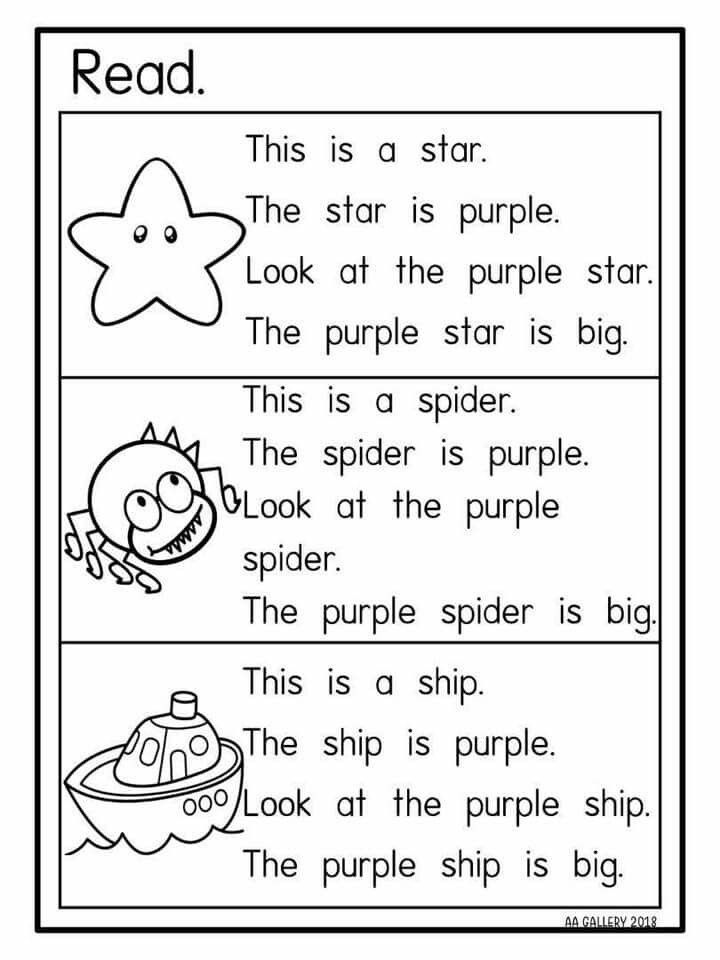 It consists, in my opinion, in the fact that in the development of cognitive skills, more and more emphasis is placed on operational characteristics, short-term memory and involuntary attention. It is these skills that are best trained when working at a computer. All information "outdated" if you move from one game to another. Similarly, books are "forgotten" after the text is read and not used. If we don’t include reading in the child’s actual relationships, if we don’t teach him to shape his future and include the information he read in this image of the future, books will lose their cultural purpose - to store and transmit meaningful experience.
It consists, in my opinion, in the fact that in the development of cognitive skills, more and more emphasis is placed on operational characteristics, short-term memory and involuntary attention. It is these skills that are best trained when working at a computer. All information "outdated" if you move from one game to another. Similarly, books are "forgotten" after the text is read and not used. If we don’t include reading in the child’s actual relationships, if we don’t teach him to shape his future and include the information he read in this image of the future, books will lose their cultural purpose - to store and transmit meaningful experience.
Reasons why children don't like to read… what we read!
- Children simply do not have the experience of reading together with their parents, during which parents could infect them with love, interest and delight in relation to the heroes of fairy tales. Nannies are usually concerned with the outside of caring for babies.
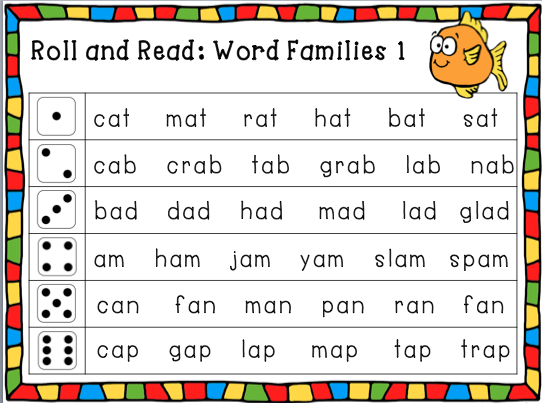 Parents themselves select nannies for raising and caring for children according to the criteria of "neatness", not creativity. I know many cases when hired caregivers were refused just because the child's hands were stained with plasticine.
Parents themselves select nannies for raising and caring for children according to the criteria of "neatness", not creativity. I know many cases when hired caregivers were refused just because the child's hands were stained with plasticine. - Children learn to read too early, before discussing new stories and problems with their parents. Our boundless personal ambition and parental vanity lead us to try to teach children to read as early as possible. Someone mistakenly launched into the masses the stereotype that the level of intelligence of a child is manifested in his ability to read. The overestimation of the ability to read in Russia is associated with the late universal literacy of the population. The Soviet government put people at their desks whose parents were born in families of serfs. Before the war, having a primary education, that is, being able to read and write, was an achievement and a status privilege. The reassessment of the ability to read only intensified with the introduction of universal secondary education, allowing millions of war children to receive higher education in the future, to enter the country's intellectual elite.
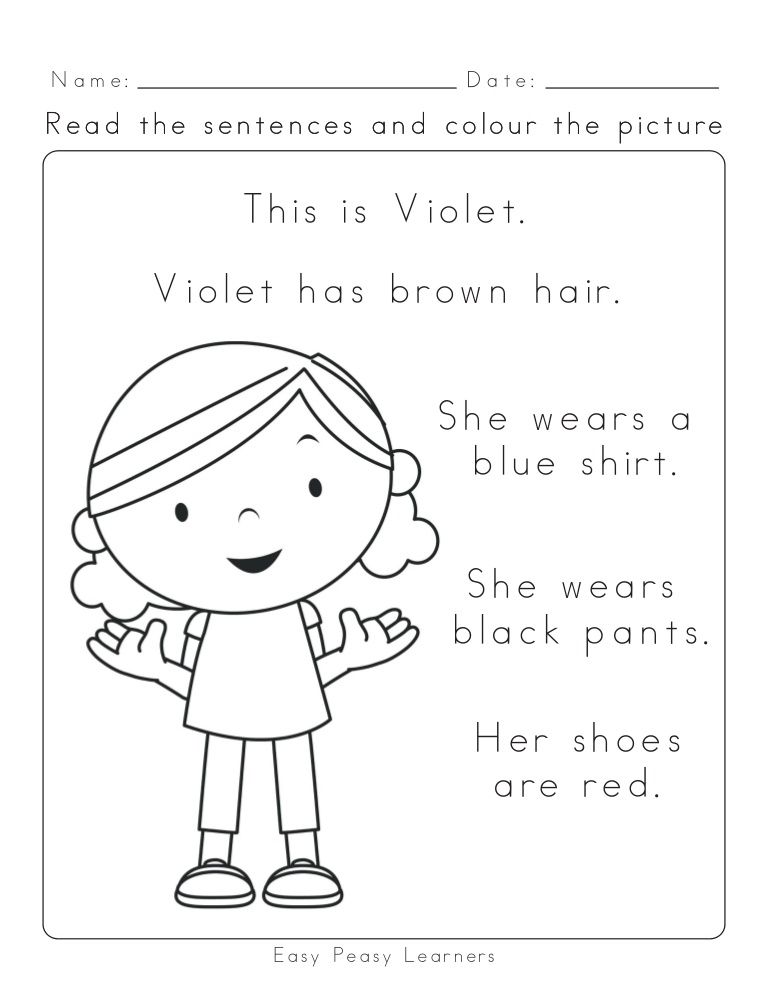
- Today, belonging to the elite, unfortunately, is not determined by intellectual abilities. The main motive of education has been lost - to change life for the better in the future by applying one's intellectual skills. Society as a whole is not set up for knowledge and discovery.
- Children read a lot more than we think because we take reading more "seriously". As ideal texts, parents consider works of art by the classics, and not half-screen LiveJournal diaries.
- Reading has ceased to satisfy the child's need for fantasy. Virtual worlds, which writers used to invent, are supplied in large numbers by television and the Internet. There are too many rides in life. And the ability to refuse to participate in virtual adventures becomes more important than one's own ability to imagine.
- Ideals, idols of parents and children do not coincide. Perhaps never before has the gap between generations been so great. There are theories according to which the first generation was born, which will rely on its own experience, and not on the experience of its predecessors.
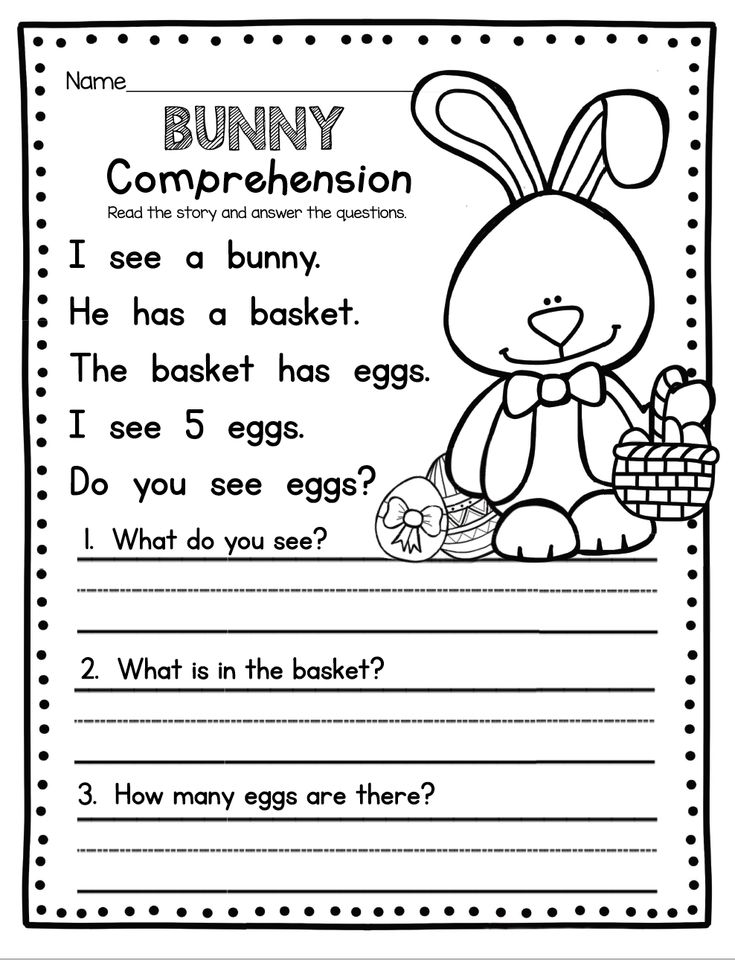 We are of little use to our children.
We are of little use to our children. - Simultaneously with reading, children learn to write , or rather, type on the keyboard. Calligraphic requirements no longer hold back the desires of the child, his need for the exchange of information. The first written messages for most children are the computer commands they type to enter the virtual worlds of screen games.
- The language of communication between people has changed. It has more verbs, actions (action), fewer nouns and almost no adjectives left that would reflect a warm, emotionally rich atmosphere, would make us attractive to each other and to our children. Having lost interest in us, children do not expect anything interesting from those texts that we persistently offer them.
- By the way, the directiveness with which we "suggest" children to read also creates a negative motivation for reading.
Reading motivation techniques for children
- The first method to teach a child something is infection.
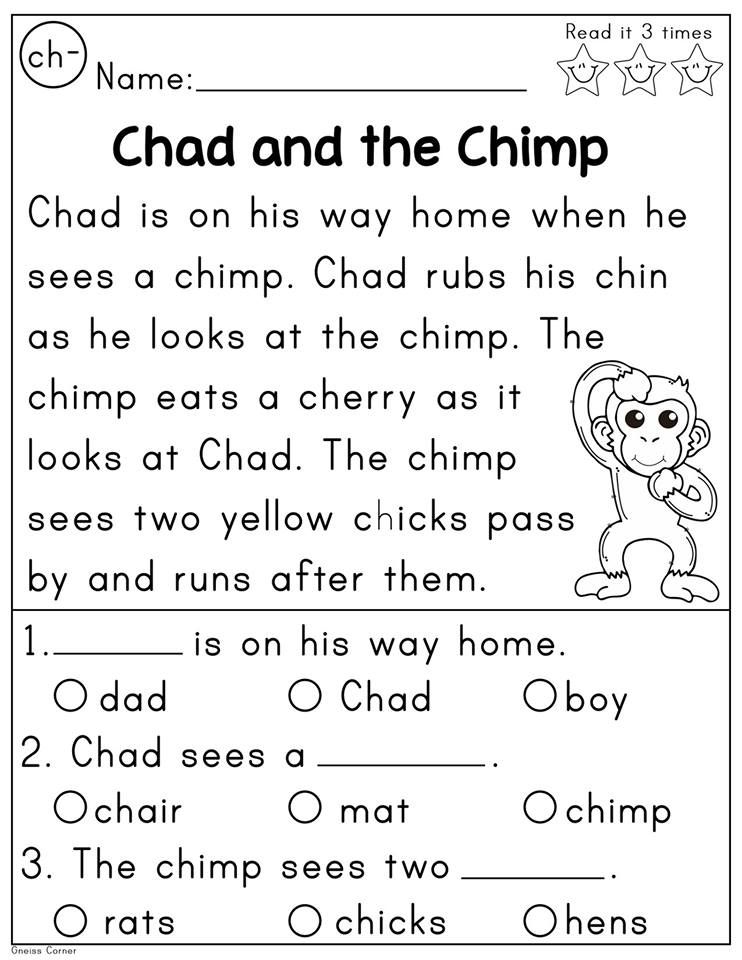 Children copy the behavior of their parents. If they don't see book-reading adults in the house rushing to share the news, they won't be interested in this way of learning. It is naive to believe that if you spend all the time behind the screen, your child will reach for a book.
Children copy the behavior of their parents. If they don't see book-reading adults in the house rushing to share the news, they won't be interested in this way of learning. It is naive to believe that if you spend all the time behind the screen, your child will reach for a book. - In order for children to read books, they must grow up surrounded by books. Space-saving requirements, high mobility and the rapid spread of electronic media have supplanted the heavy volumes of books that were recently queued for. Bookcases and shelves began to be seen as an impossible retro, not fitting into modern design, which for some reason is called European-style renovation. In the homes of Europeans, old libraries, or at least their remnants, are extremely valued and protected. If there are no traces of intellectual culture in homes, but only signs of financial wealth, how do children learn that reading and books are special values? In a house with a bookcase in which you can rummage at least secretly, a reading child will grow up.
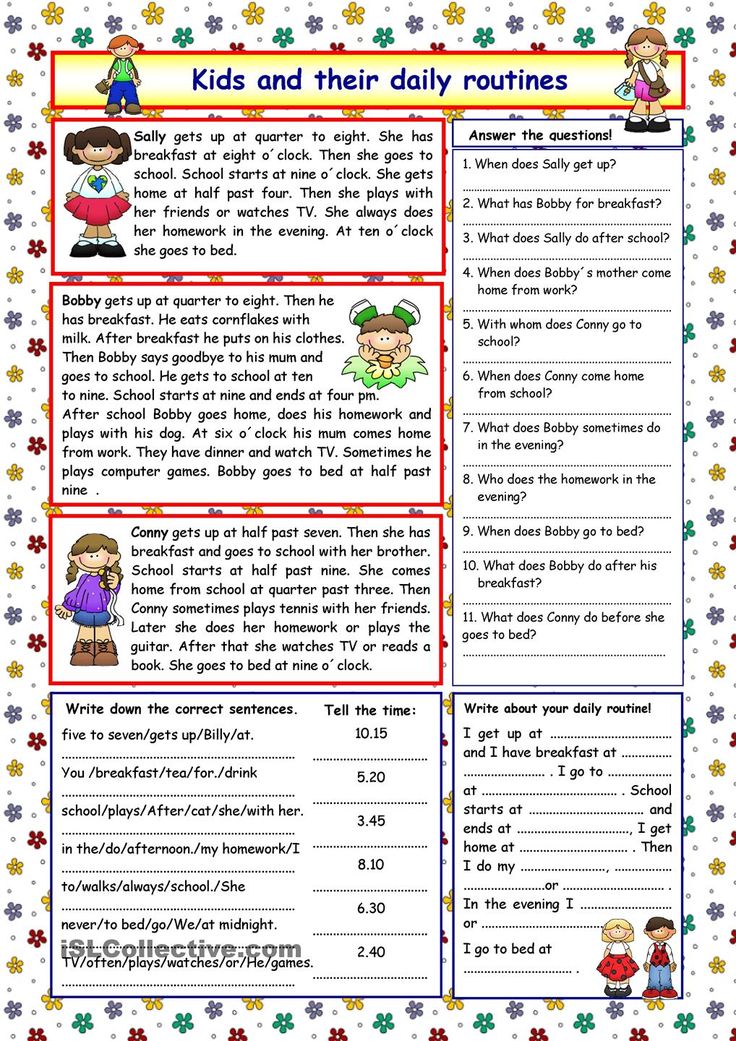
- Read together with the children what is interesting to you and to him. Children's literature is constantly being updated, and it's still hard to keep up with what's new. Engaged moms and even some dads today easily share knowledge and recommendations through the Web.
- Teach your child to compose, compose stories with him. Interest in fictional worlds underlies the need to read thick books in the future. Retelling old fairy tales in a new way, attributing incredible deeds to the heroes, you will form a child's creative imagination. Children with developed creative imagination will look for more complex and entertaining stories than they can come up with on their own or with their parents. They will reach for books.
- 5. Learn poetry with your child. A children's poem, the size of the learned text, is, in modern terms, a text format that a child can understand, connect, remember and retell at a time. This is a "sustainable portion", "quantum", "unit" of reading.
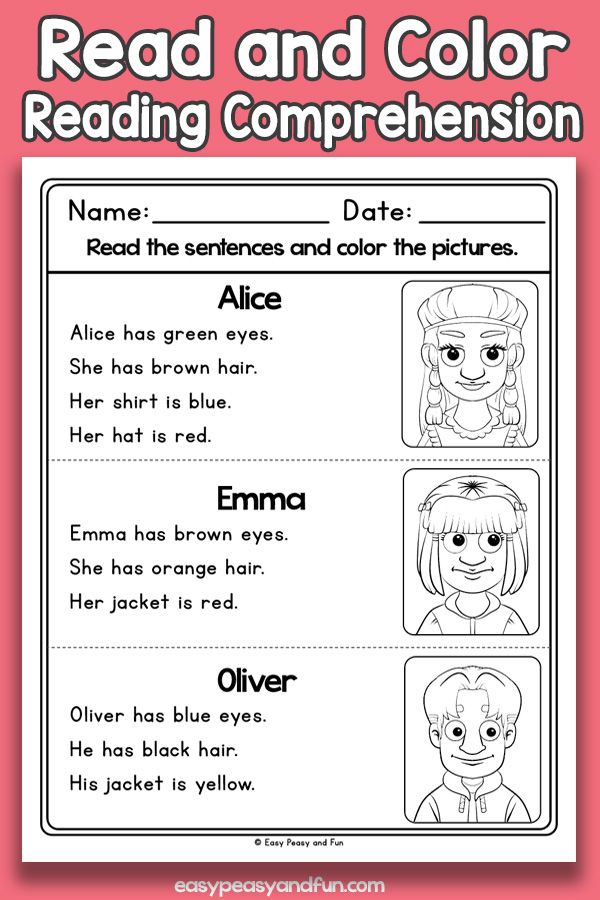 Children who immediately sat down at computers, as a rule, did not develop oral speech and the ability to coherently express their thoughts to another. The skills of operating with texts are acquired not only during mechanical reading, but also in oral speech, in the process of role-playing, in a variety of social situations.
Children who immediately sat down at computers, as a rule, did not develop oral speech and the ability to coherently express their thoughts to another. The skills of operating with texts are acquired not only during mechanical reading, but also in oral speech, in the process of role-playing, in a variety of social situations. - Play performances based on famous book stories. Children are interested in relationships between people, unusual characters, and as soon as the time comes for role-playing games, they are happy to immerse themselves in their worlds. From 4–5 years old, the “reading unit” becomes an event, an action that happened to two or more characters. We can say that they begin to learn the art of dialogue and take another important step towards the formation of plot thinking.
- And only after that we should pay attention to learning letters and folding words and sentences. The technique of reading used to lag behind imagination and thinking, and this was an additional motive: to learn to read as quickly as possible in order to satisfy their need for new knowledge.

Learn more

